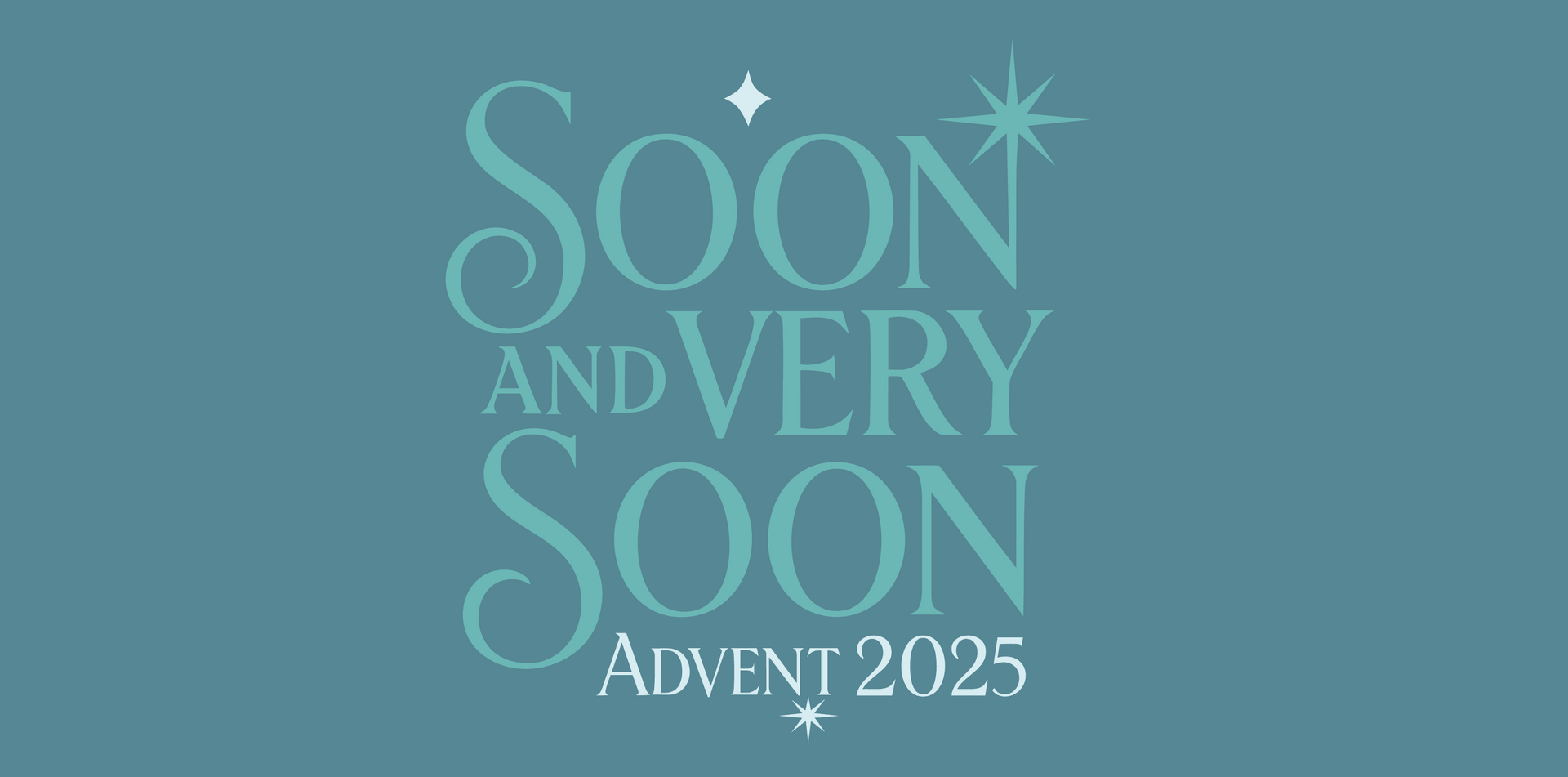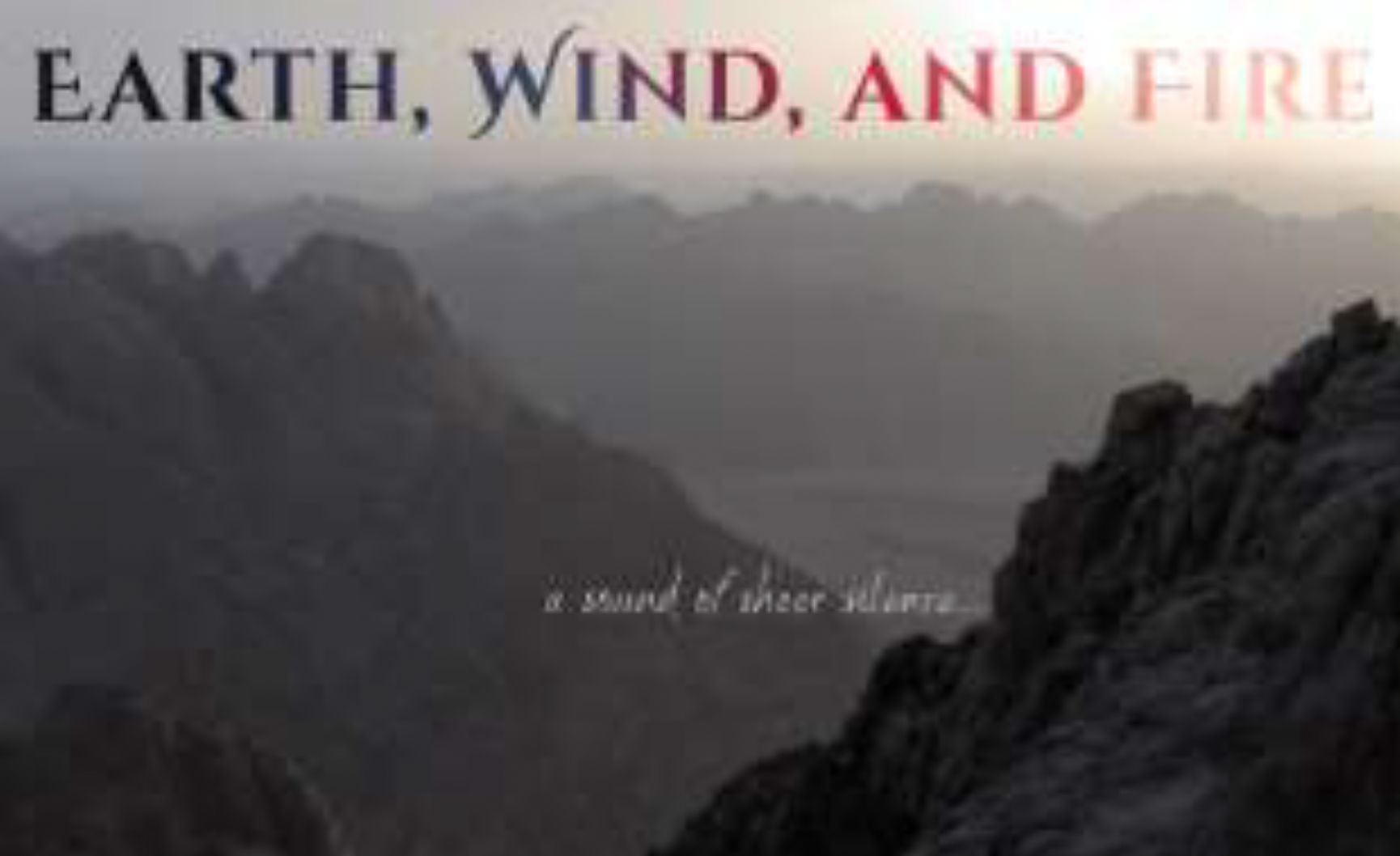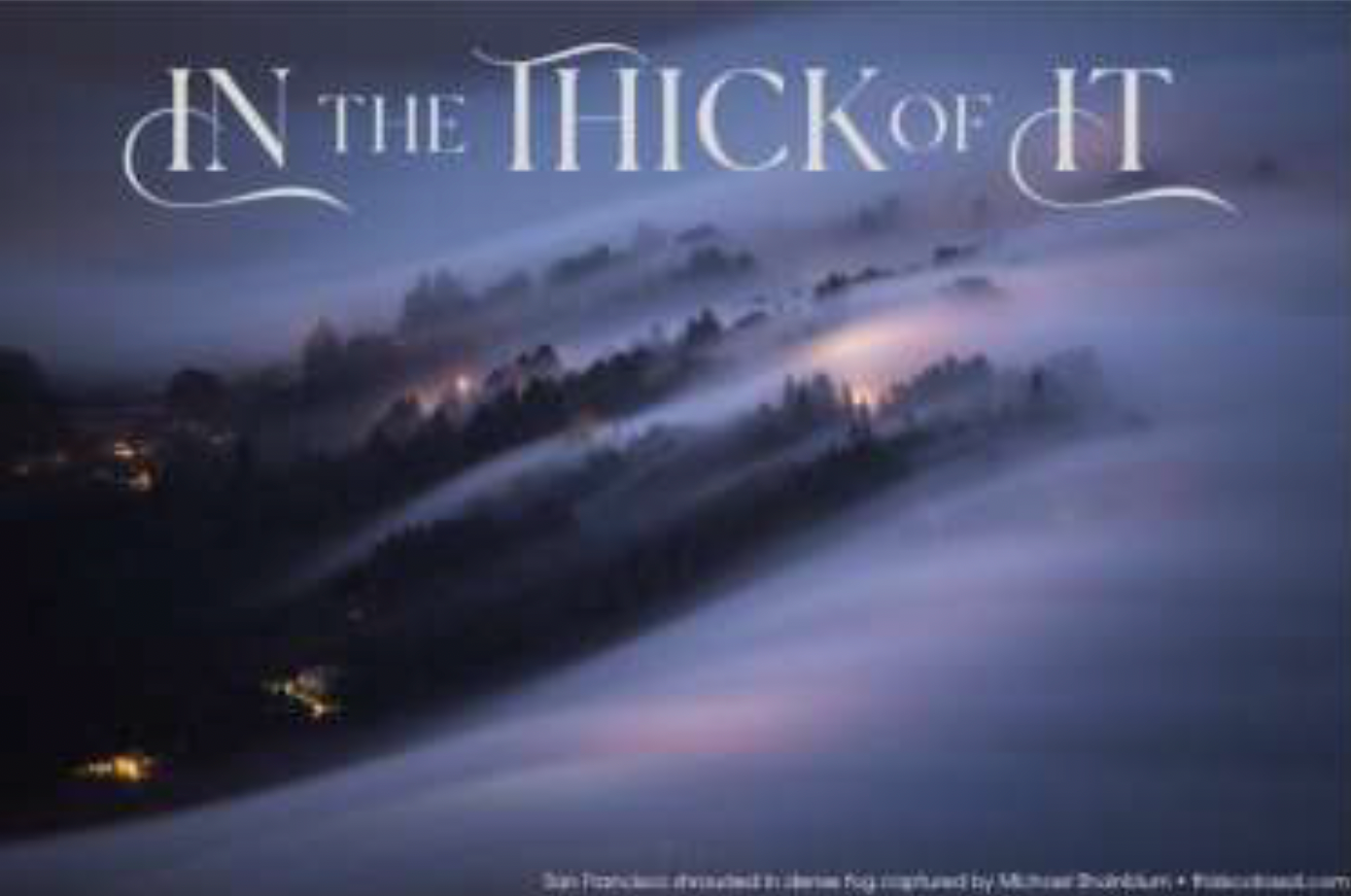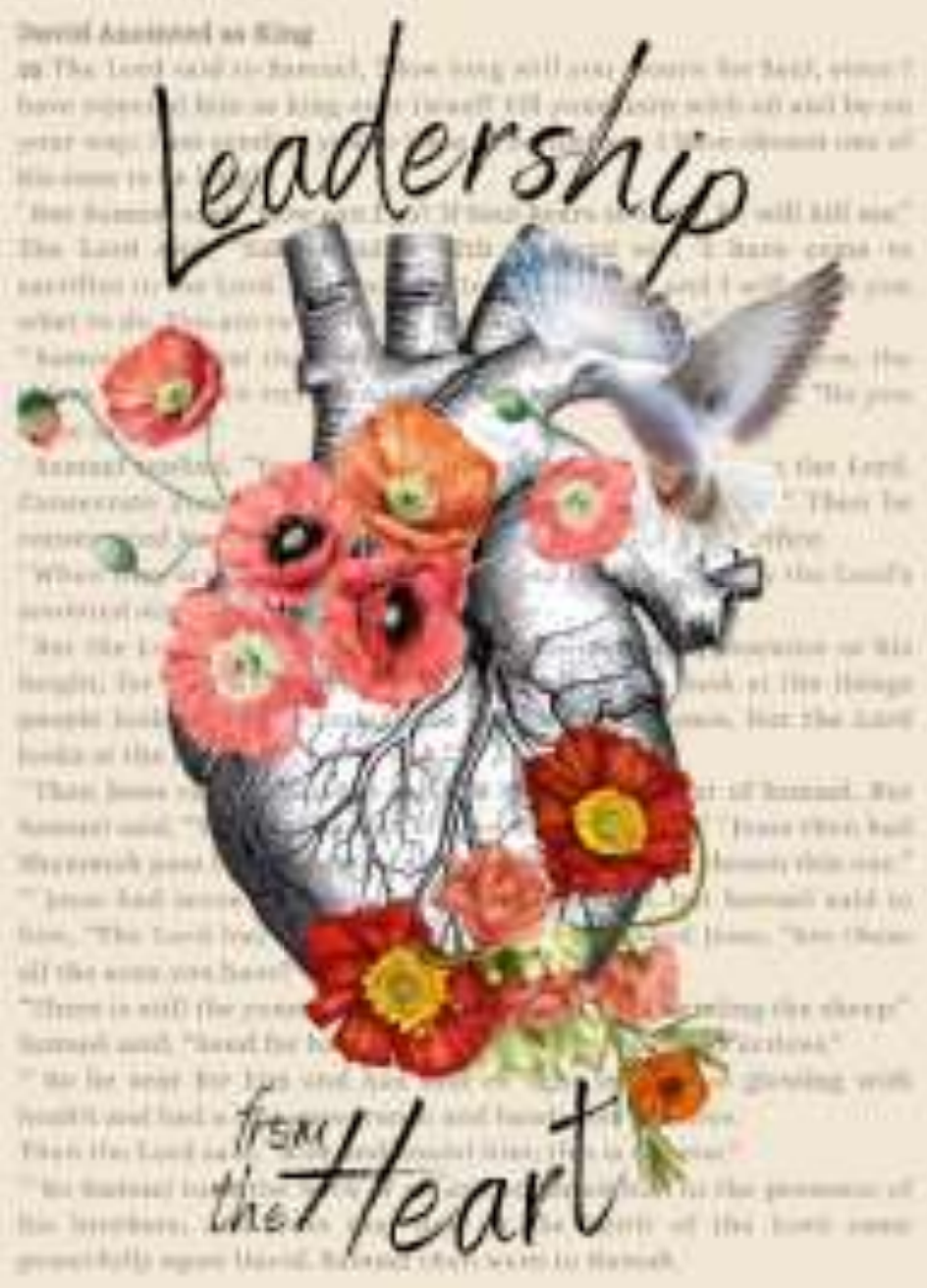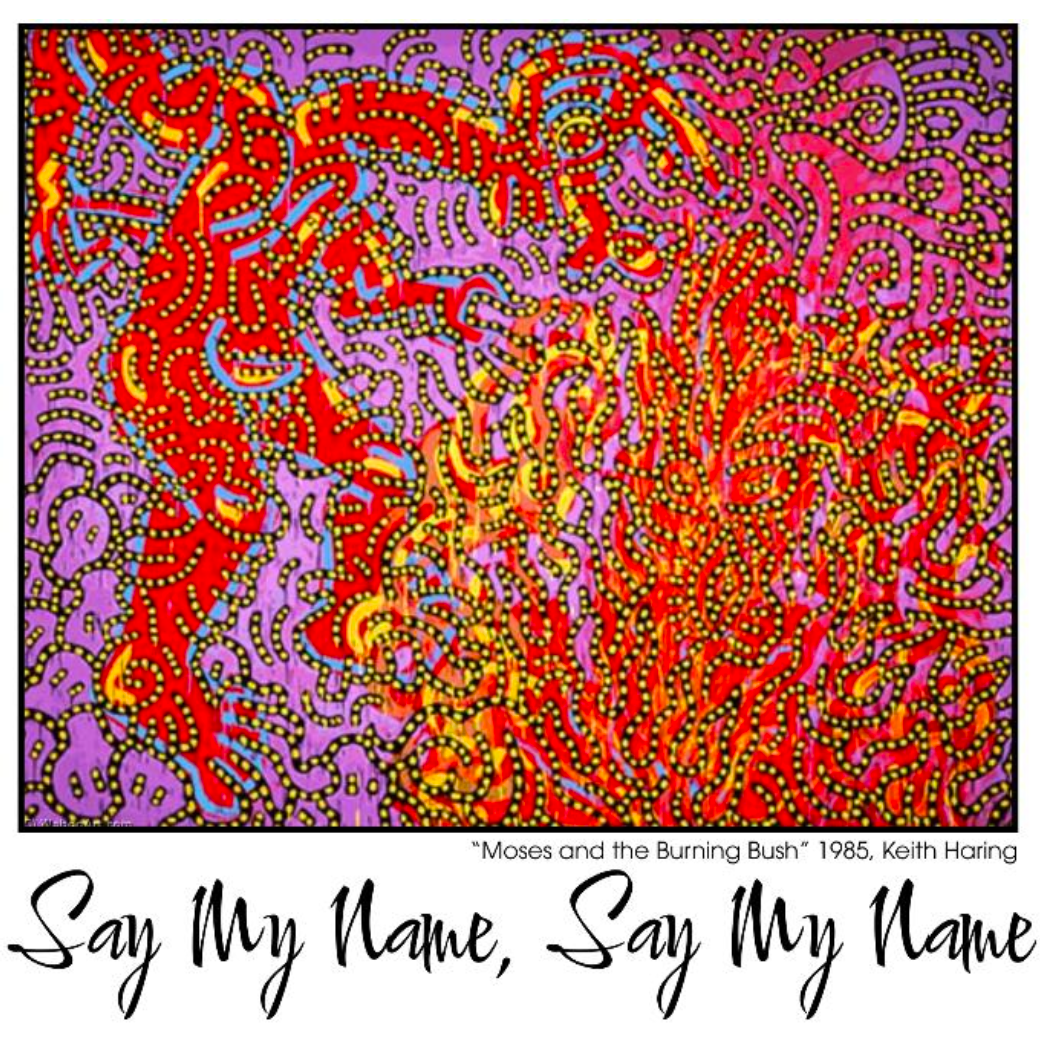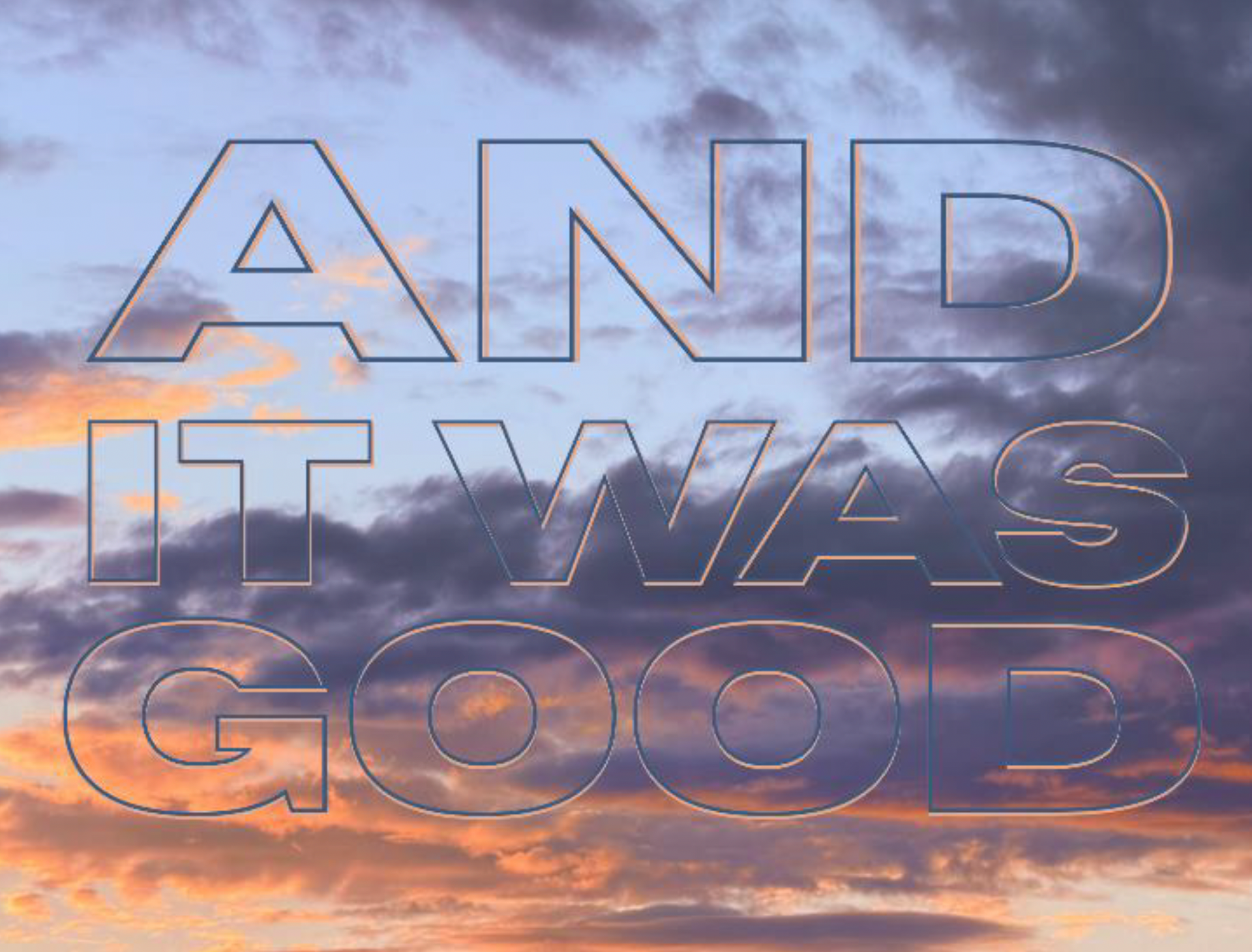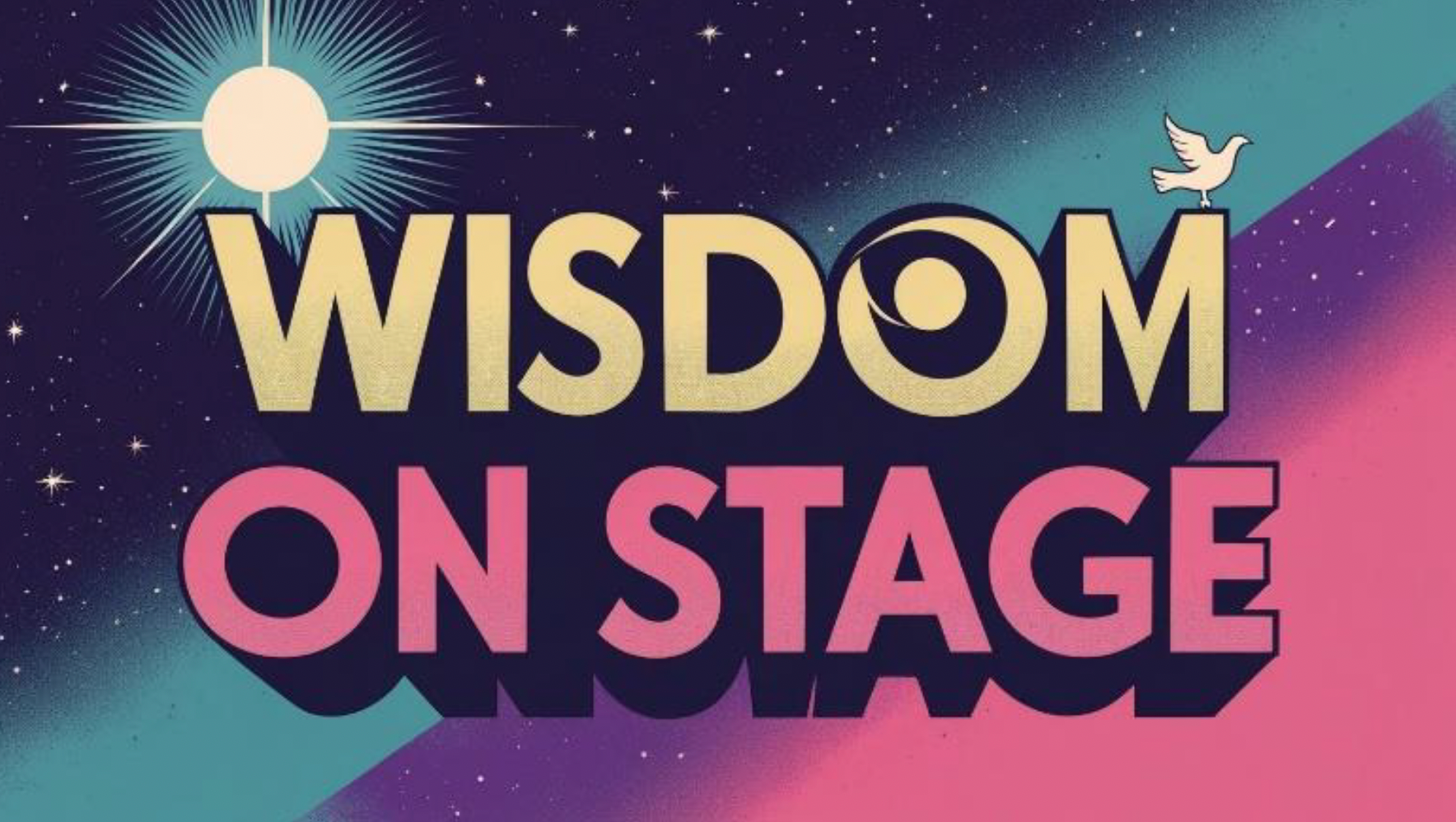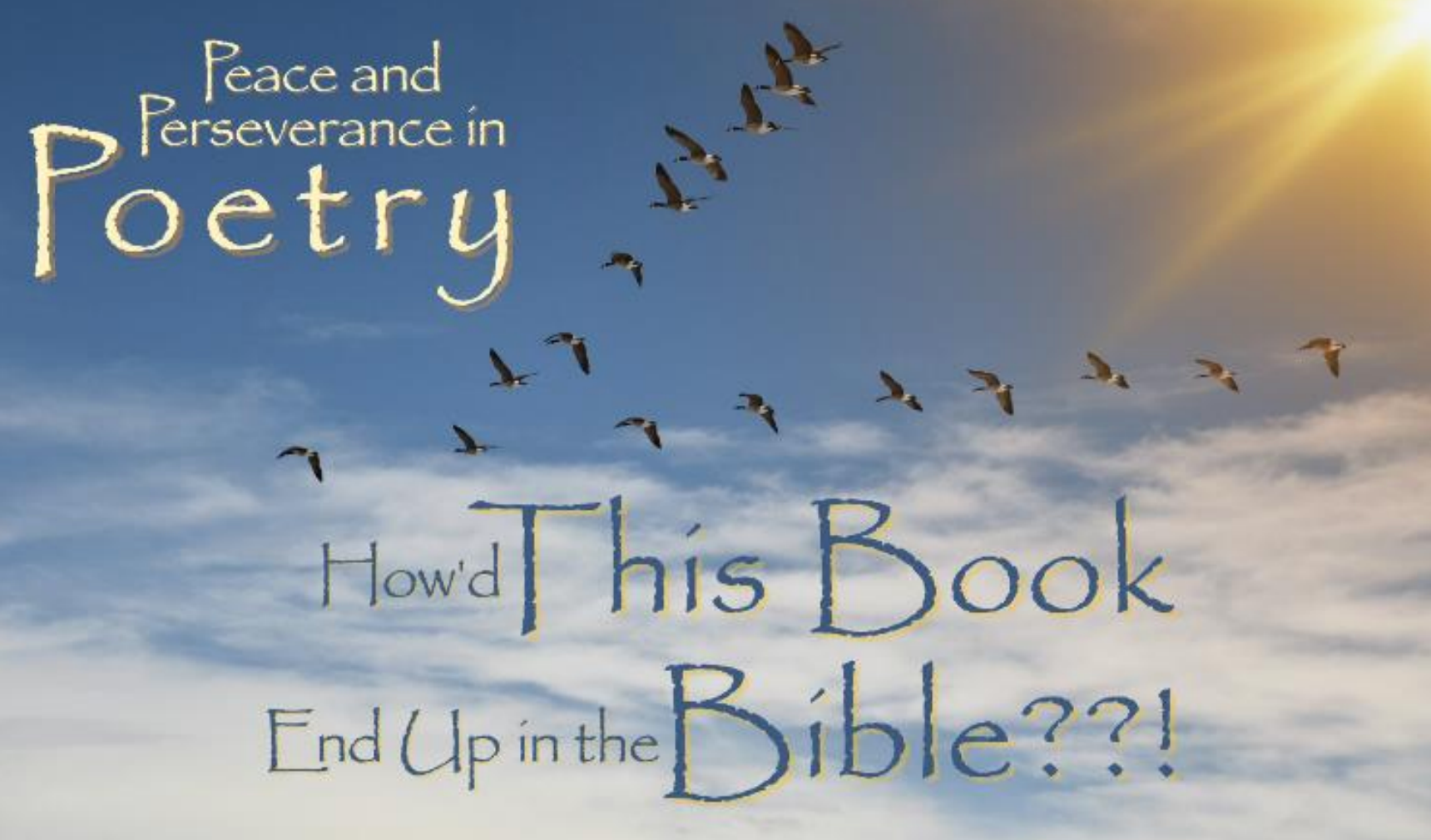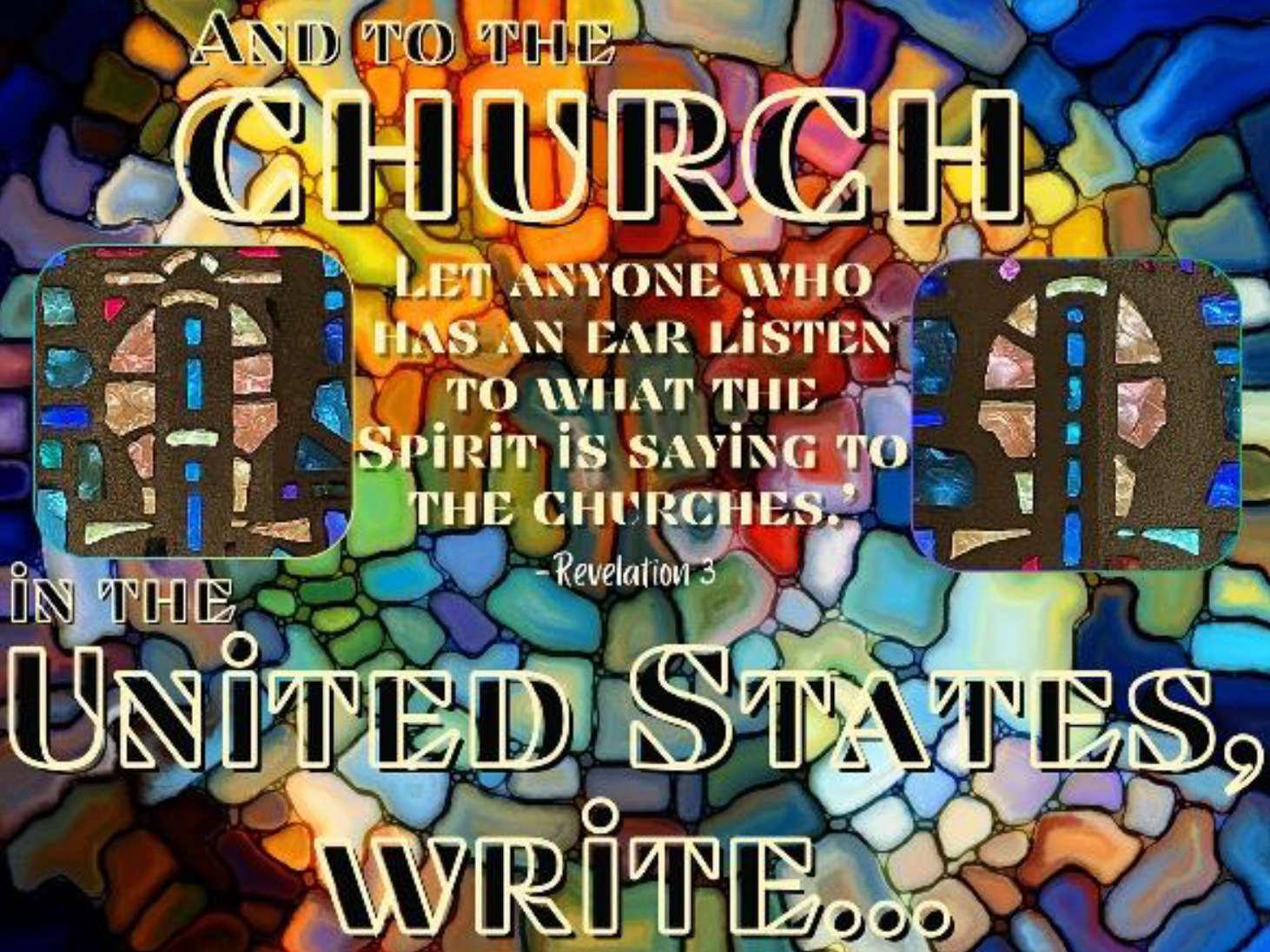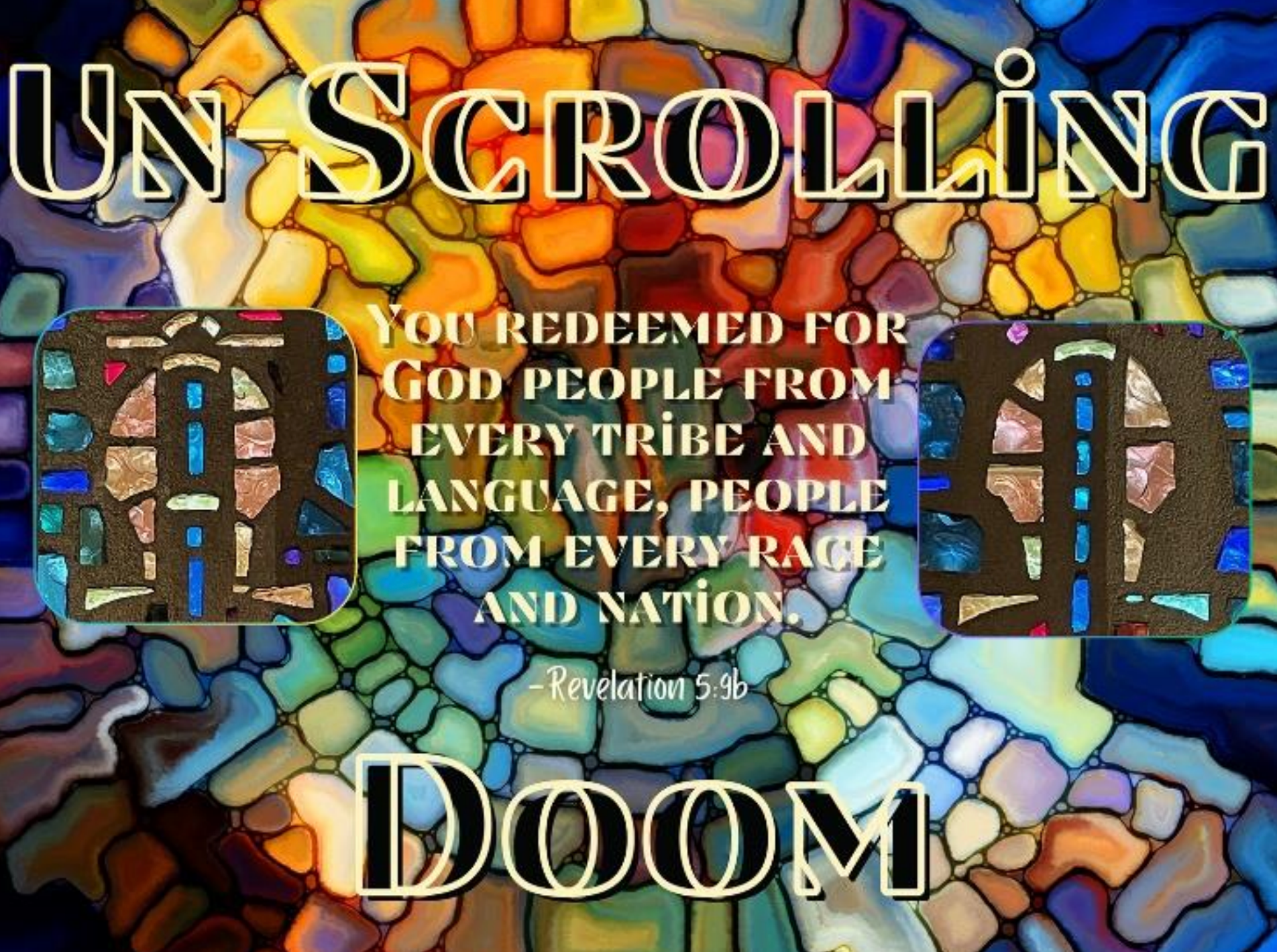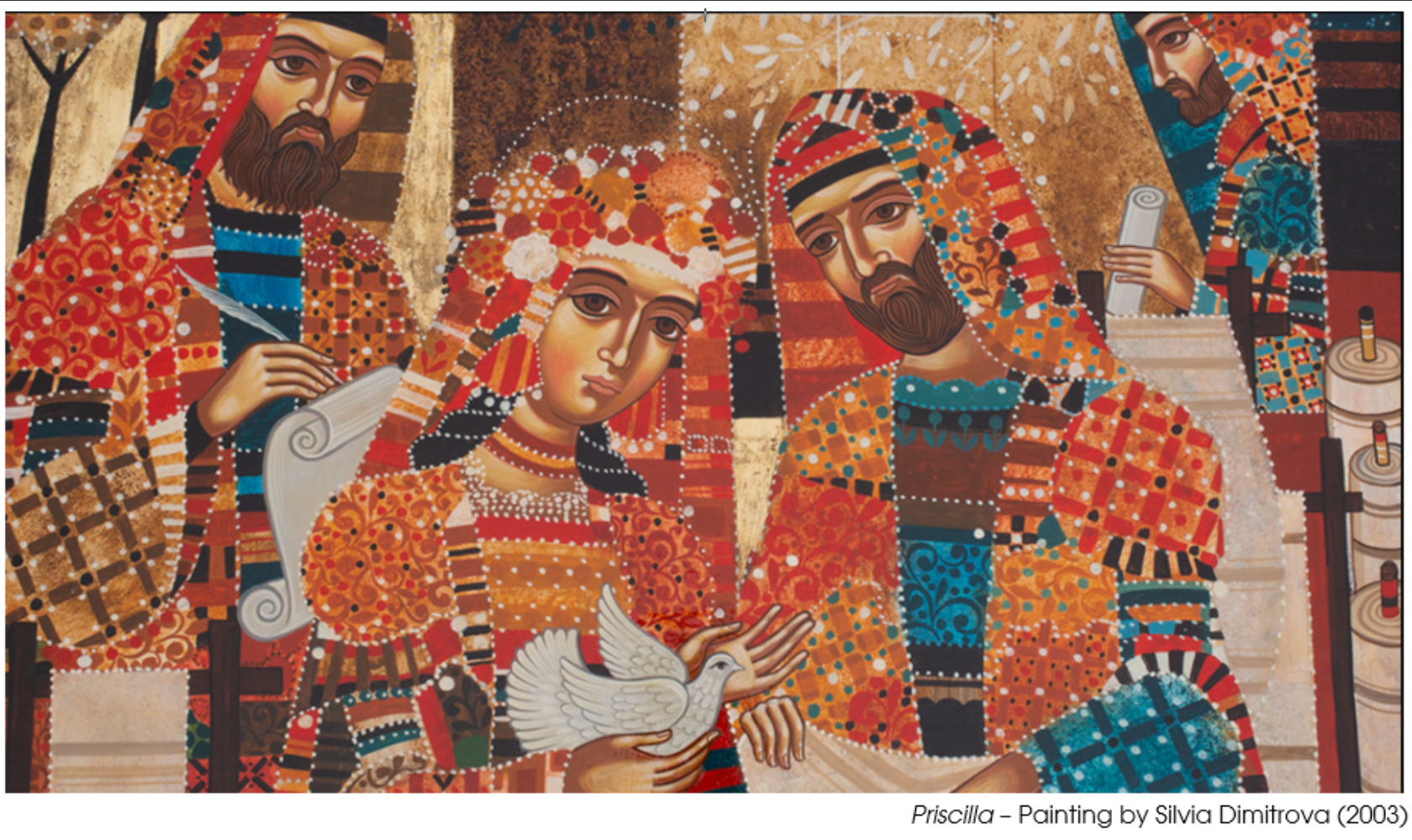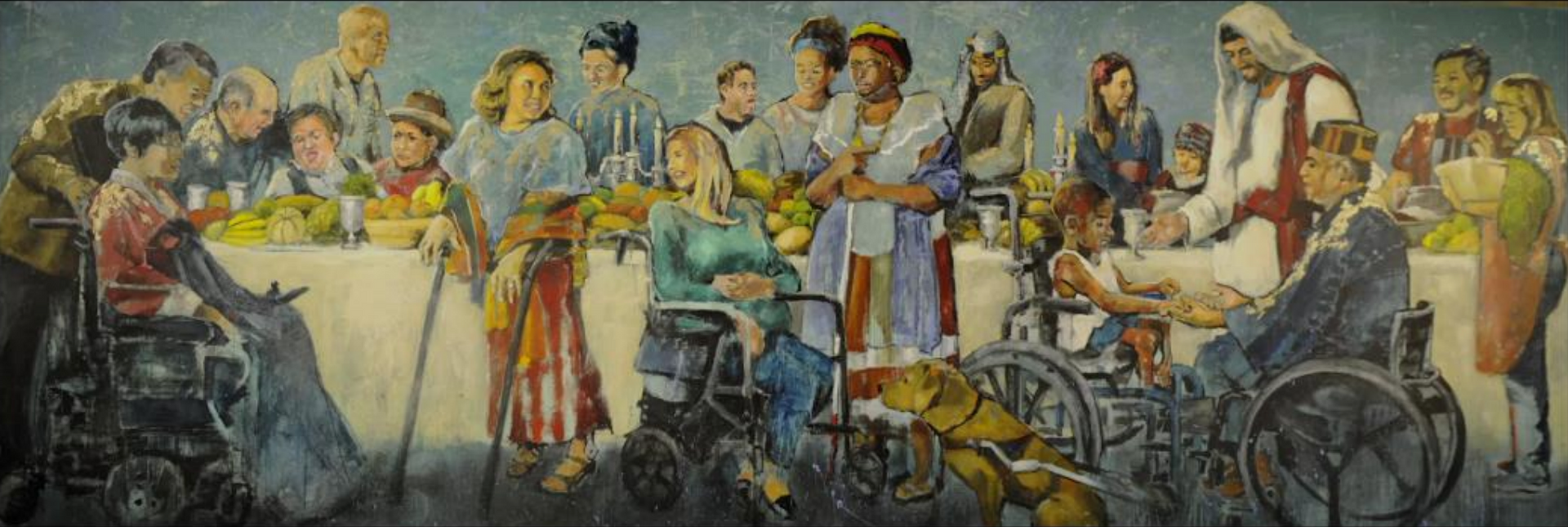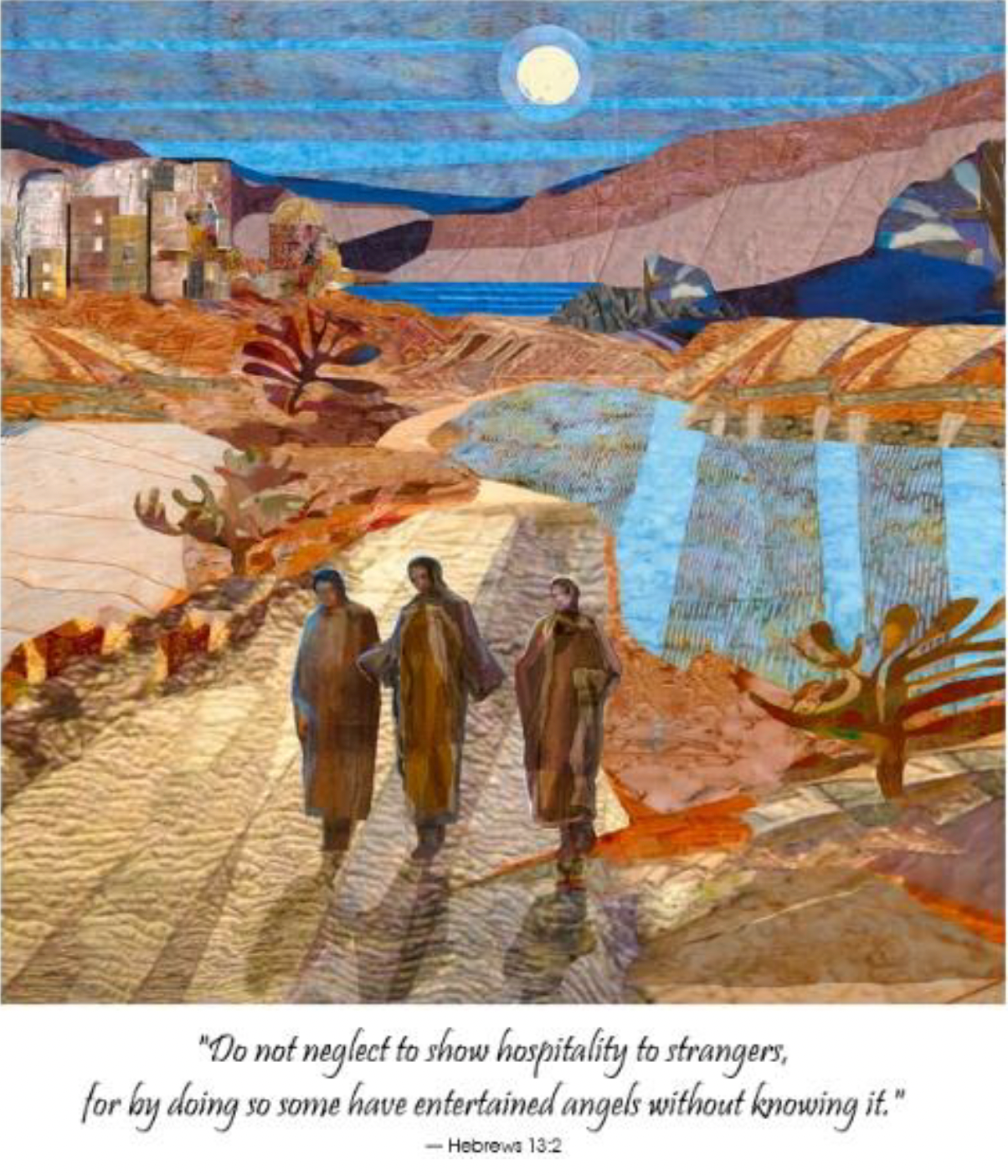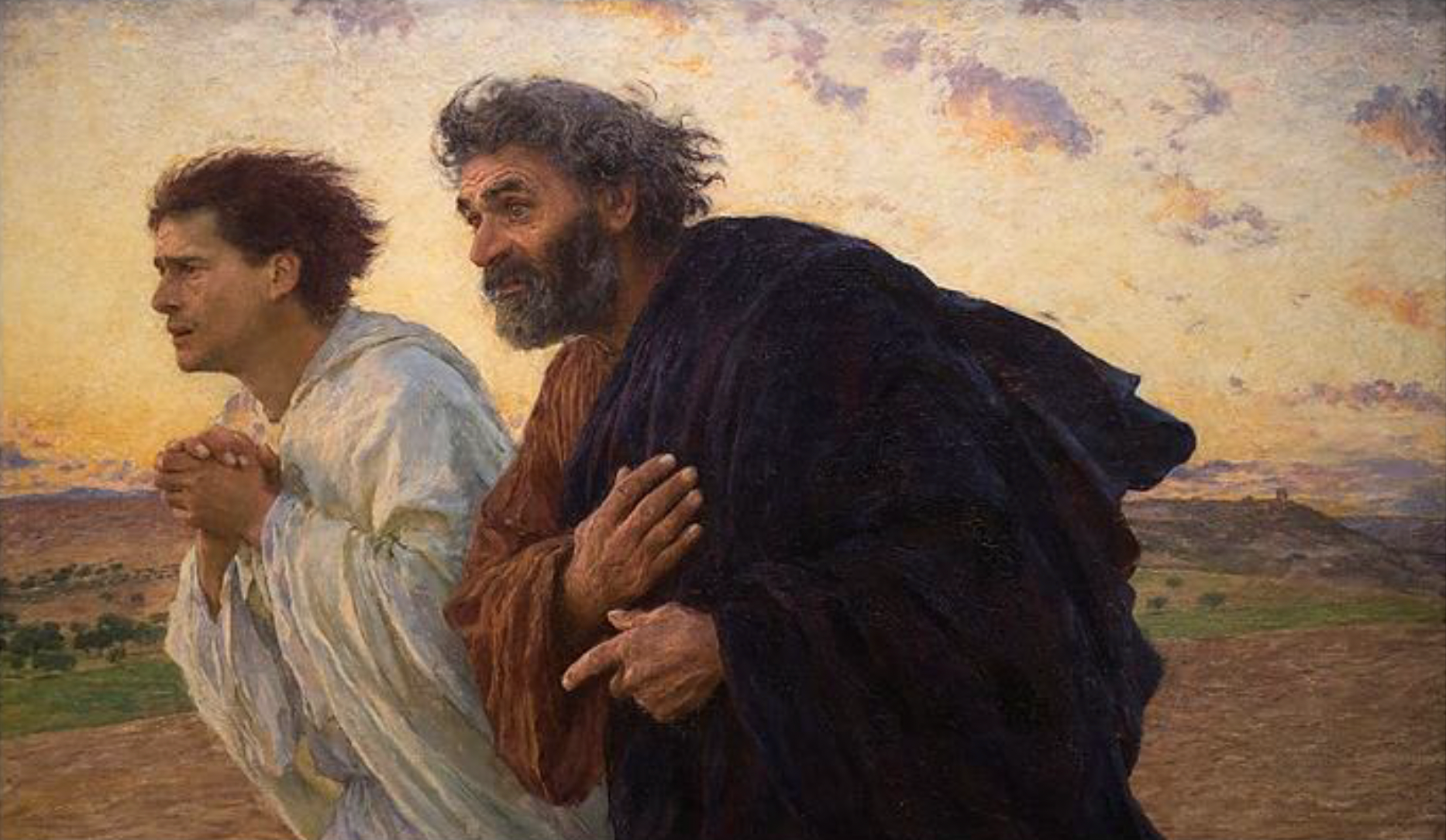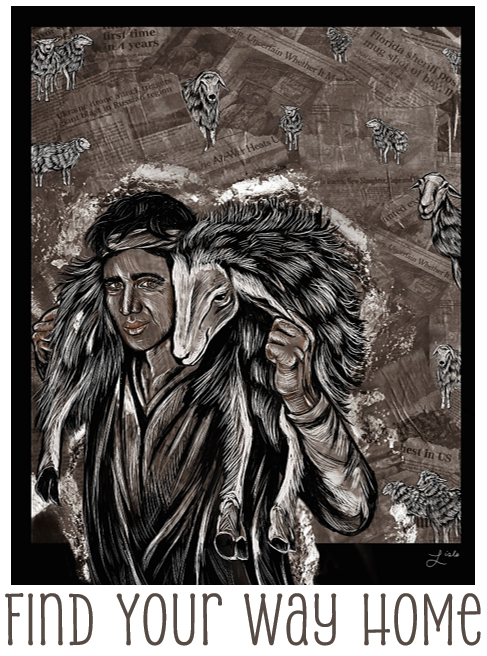Sermons & Bulletins
We're glad to have you here!
Click the button to download this week's Bulletin.

The rhythm of living, dying, and rising is the story of our faith, and the rhythm of our lives. We worship a man who rose from the dead. After he had lived. And after he died. As we enter the season of Lent, we'll focus on the story of Lazarus, and see how living, dying, and rising affected him and his community.

In John's Gospel, the signs Jesus performs are supposed to point people to see who Jesus is, to connect them to God. But in the sign of the blind man receiving his sight, it doesn't seem to work. When Jesus' signs don't match what we know to be true in the world, do we dismiss them, explain them away?

We live in a world full of shallow wells, creating a thirsty, isolated world. There’s a lot of anxiety in the world, in the church, because we turn to those shallow wells and are never satisfied. Jesus offers the Woman at the Well living water. What would it take for us to leave our water jars by our wells so we can ha

Jesus' baptism is where Christian community begins. The community Jesus creates comes about because of non-anxious invitation. Inviting people to see Jesus is not a popularity contest or a numbers game where we measure victory by budgets, attendance, or other measures.
As we claim and remember our baptismal promises,

Join us as we celebrate Epiphany, when the magi journeyed to see Jesus, and receive our Star Words. The prophet Isaiah preaches to people in exile a word of hope. Even as they walk in thick darkness, he tells them that nations will come to their light. How did Isaiah's prophecy come true in the story of the magi?

Not long after the birth of Christ, King Herod's fragile ego led to the slaughter of innocents. Jesus and his family, however, were able to escape this massacre by seeking refuge in Egypt. When we welcome immigrants and refugees, we welcome Jesus who knew what it meant to be displaced and how it felt to have to leave h

God chose an unwed teenage girl to bear the son of God.
It reminds us that God is willing to be vulnerable. Because Mary was vulnerable. There was a more than decent chance that this pregnancy could have resulted in Mary being stoned to death. God does not just have a preference for the poor and the weak. God became po
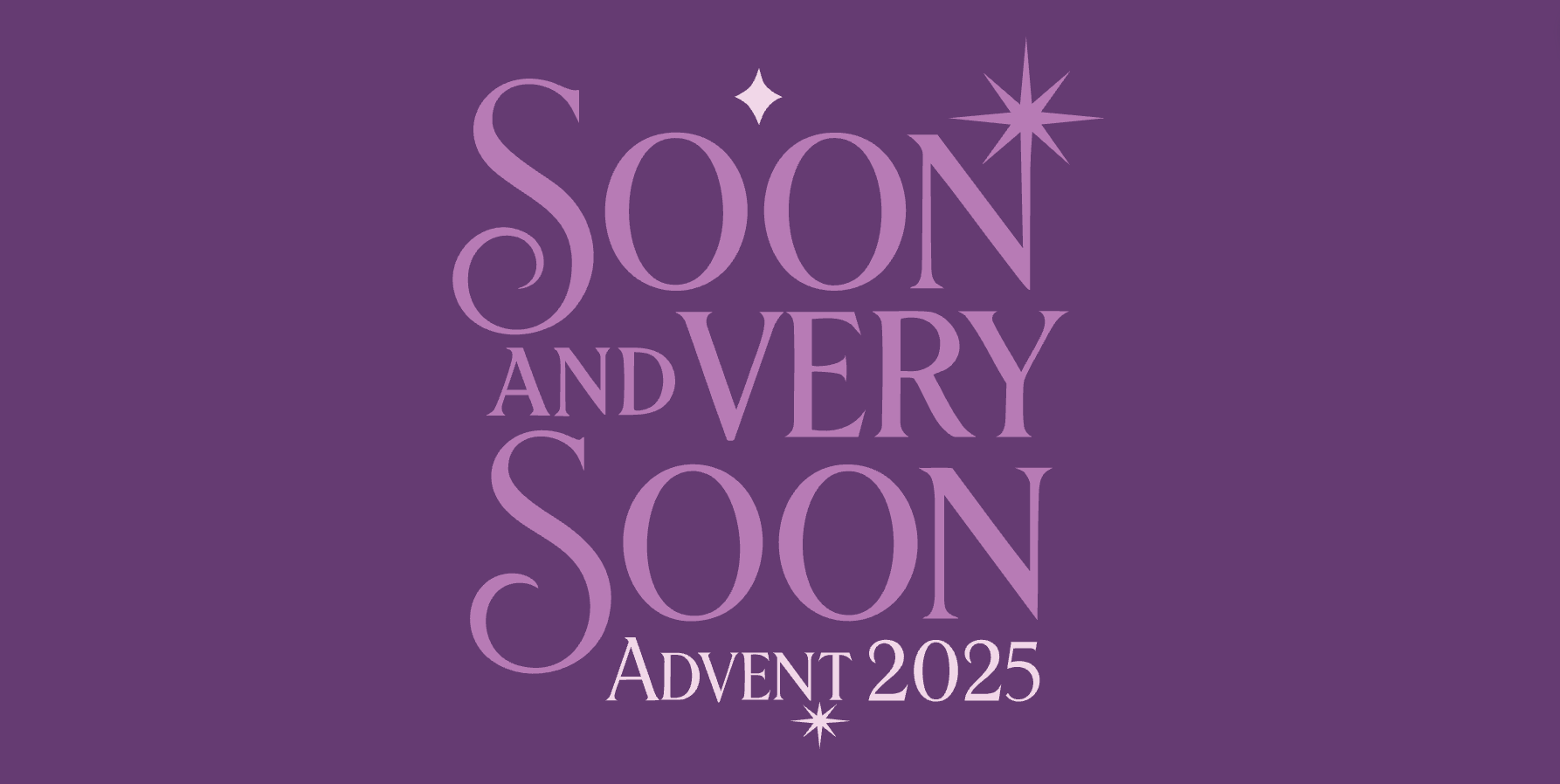
“Rejoice, rejoice! Emmanuel shall come to thee, O Israel.” But when? There is no holy itinerary for God’s arrival — no day or hour, no platform or gate. In Matthew 24, Jesus teaches us that if we want to live good and meaningful lives, we must keep awake: stay alert, attentive, expectant. God’s ever-dawning presence is
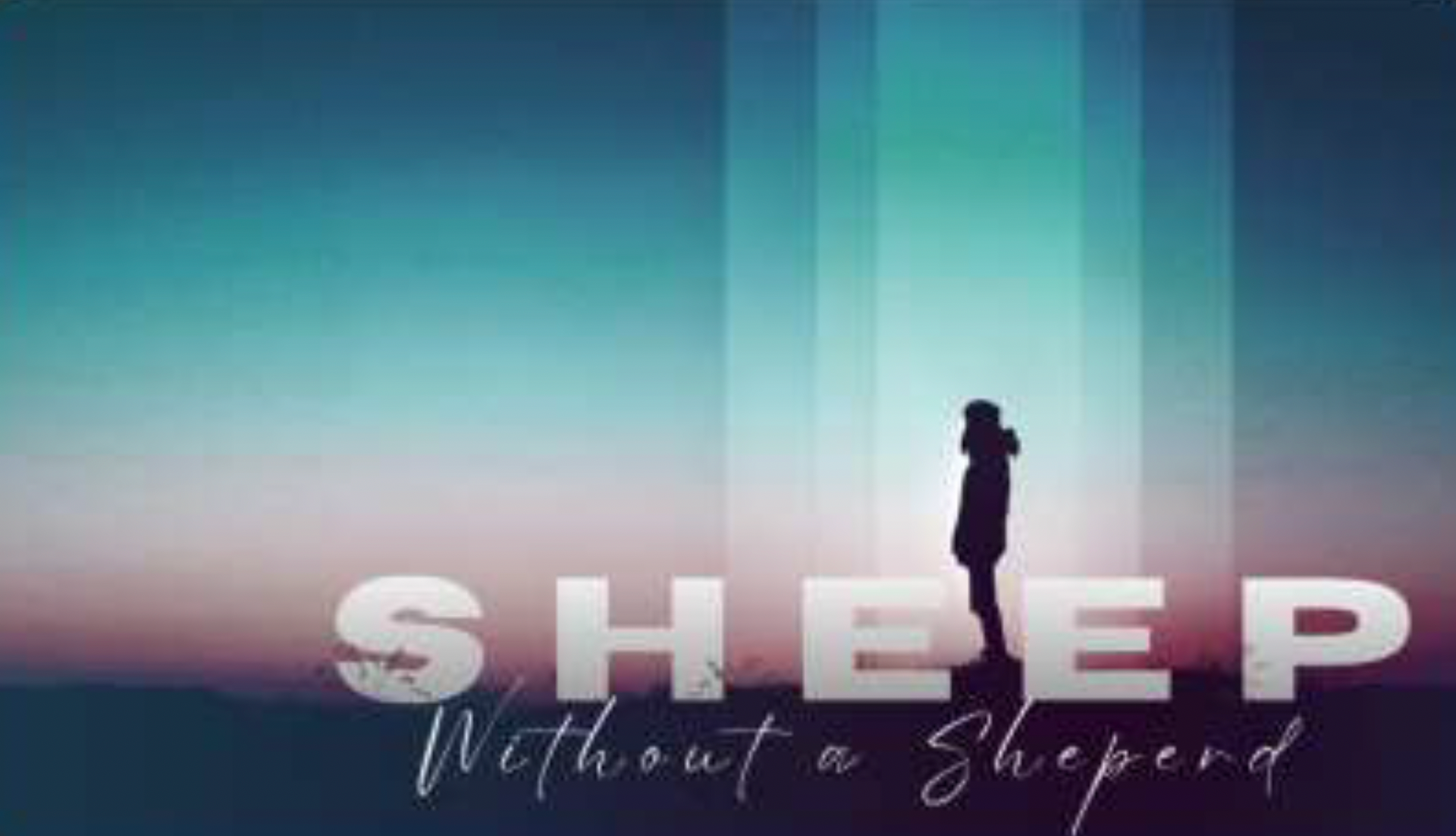
The Bible has a tendency to compare us to sheep. In the 23rd Psalm, it is a good comparison because God is the shepherd and God's pretty good at the shepherding business, leading us to still waters. The prophet Jeremiah reminds us that sometimes human shepherds let God's flock down. How can we be helpful shepherds, fil
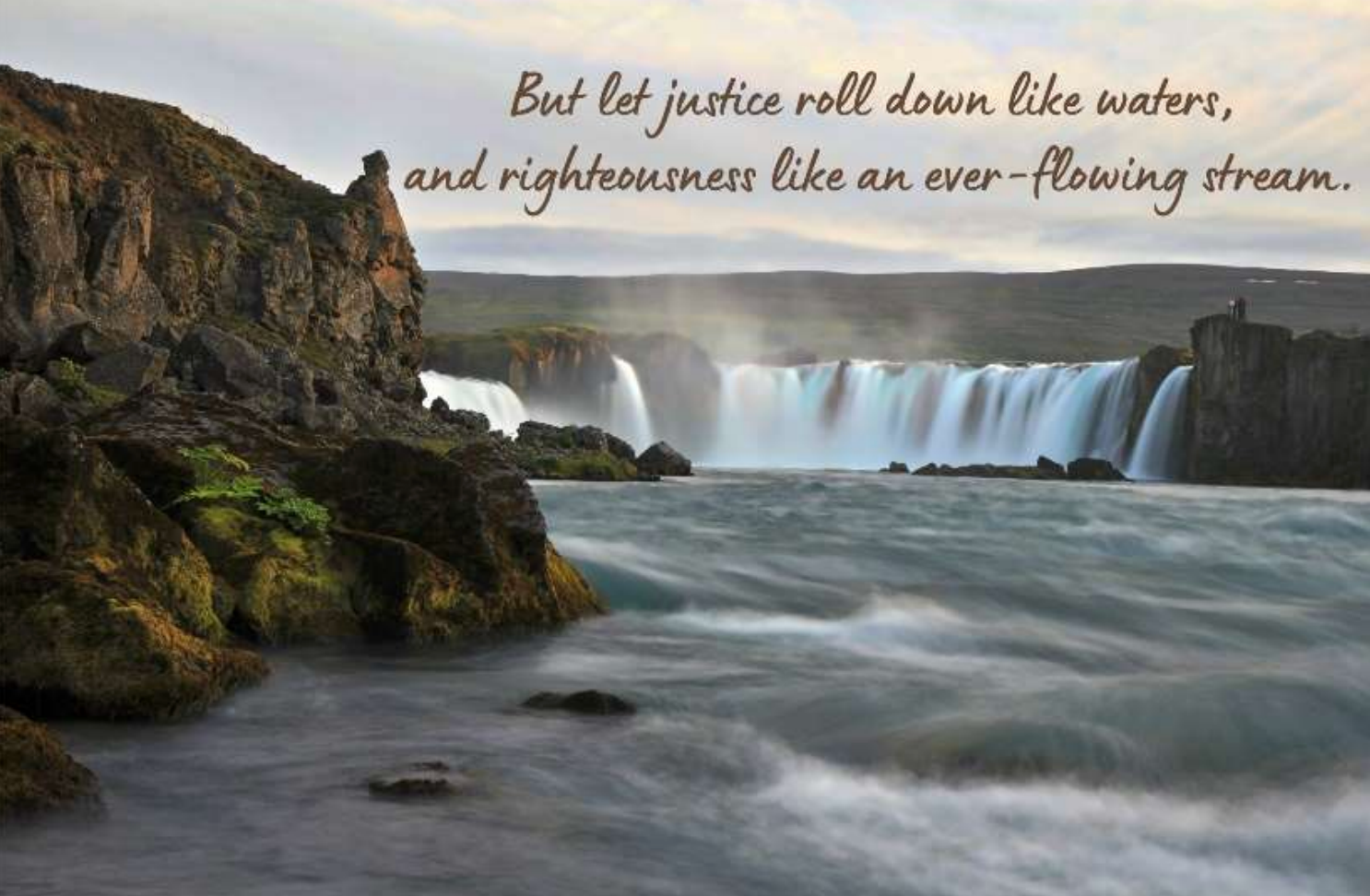
Amos was a small-town shepherd when God called him to be a prophet for justice. This relatively unknown "nobody" spoke boldly to those in power, railing against their policies and systems that favored profit over people. Join Amos on his quest for a fair and equitable society where justice rolls down like waters...
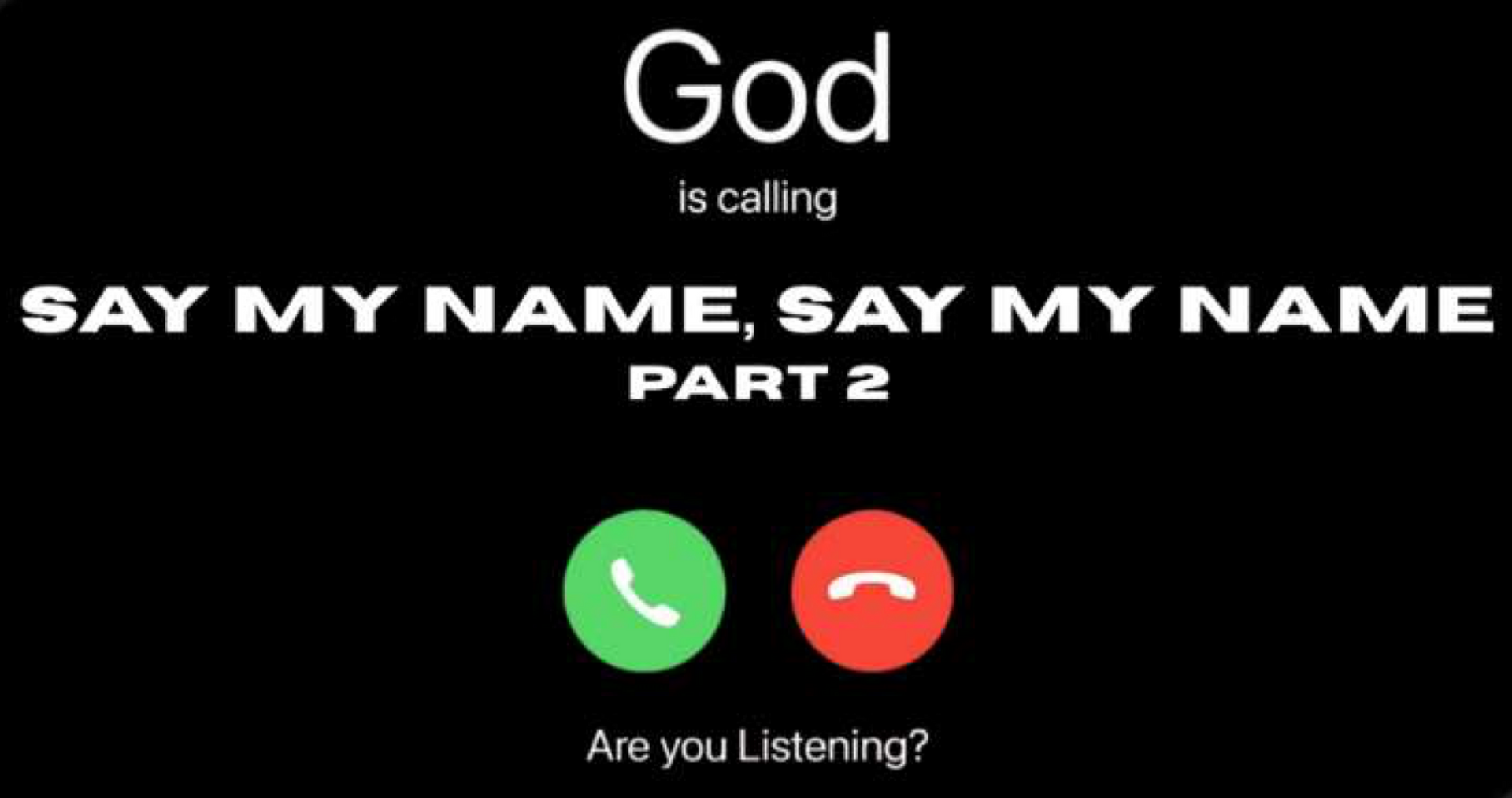
Perhaps it was destiny, child, that Samuel heard God's voice calling his name in the night. God called him during a time when "The word of the Lord was rare" and "visions were not widespread." We live in similar times. In "Say My Name, Say My Name" Part 1, we learned God's name. In "Say My Name, Say My Name" Part 2, we
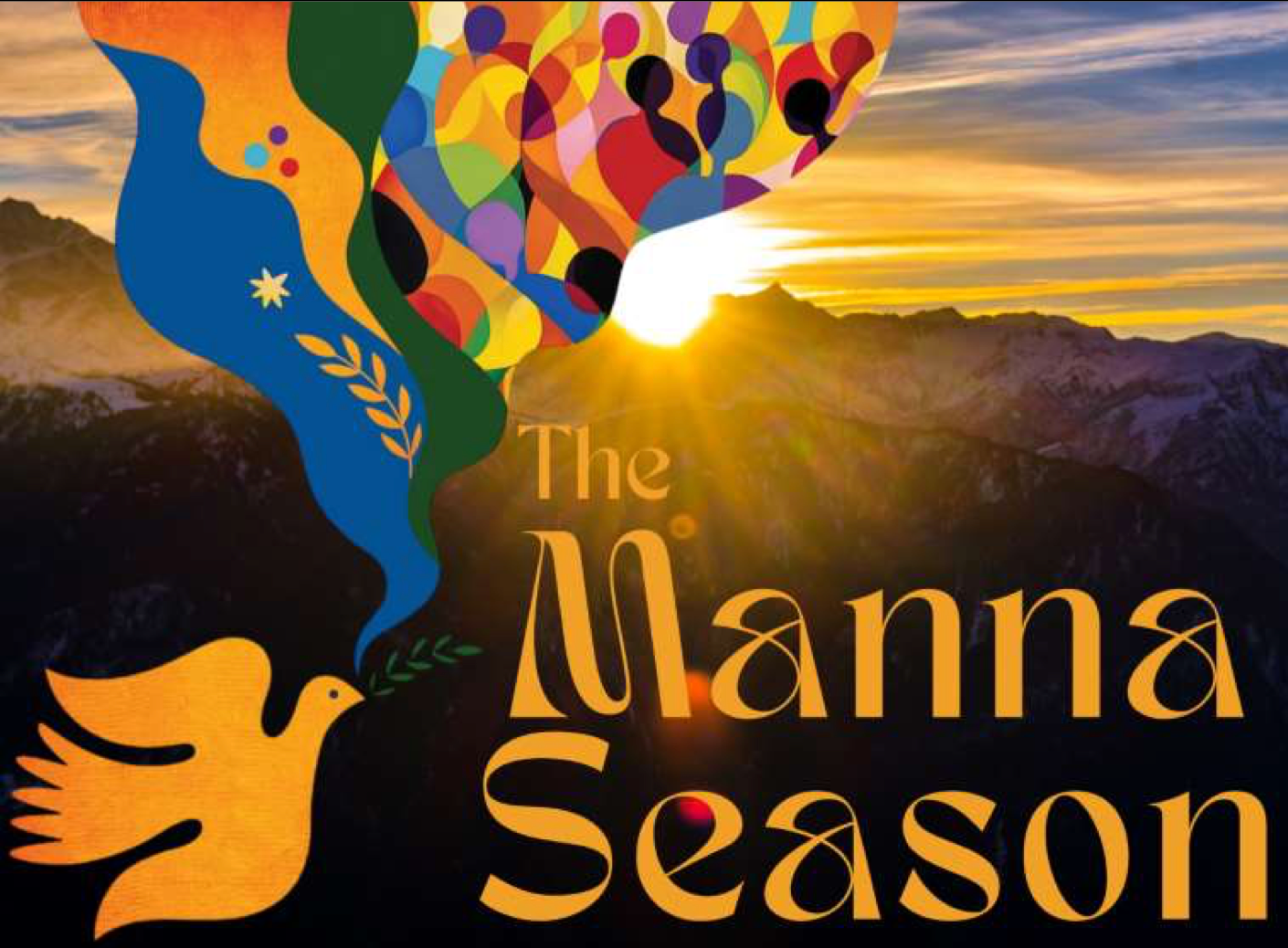
This story from Exodus 16 contains one of the best-known miracles in the Old Testament/Hebrew Bible: when Moses and the people have no food to eat in the wilderness, God sends the miracle of manna to be their daily bread. The people eat that manna for the next forty years, as God sustains them throughout their wilderne
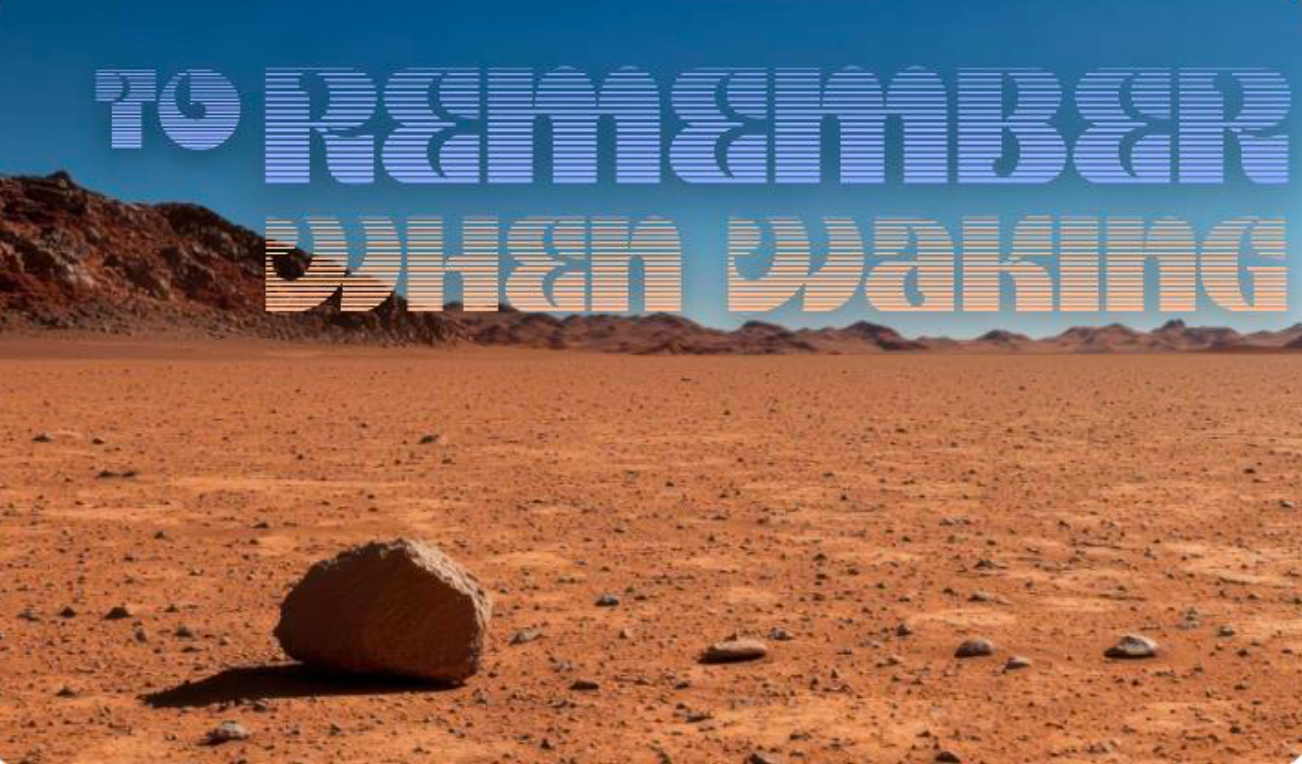
Do you remember your dreams?
There are mornings we wake up and wish we could return to the narrative of our dreams, even as the details fade away. No matter how hard we try, we just can’t return to that particular dream story. It would be easier to grab hold of a cloud or catch a shadow.
There are mornings we wake up
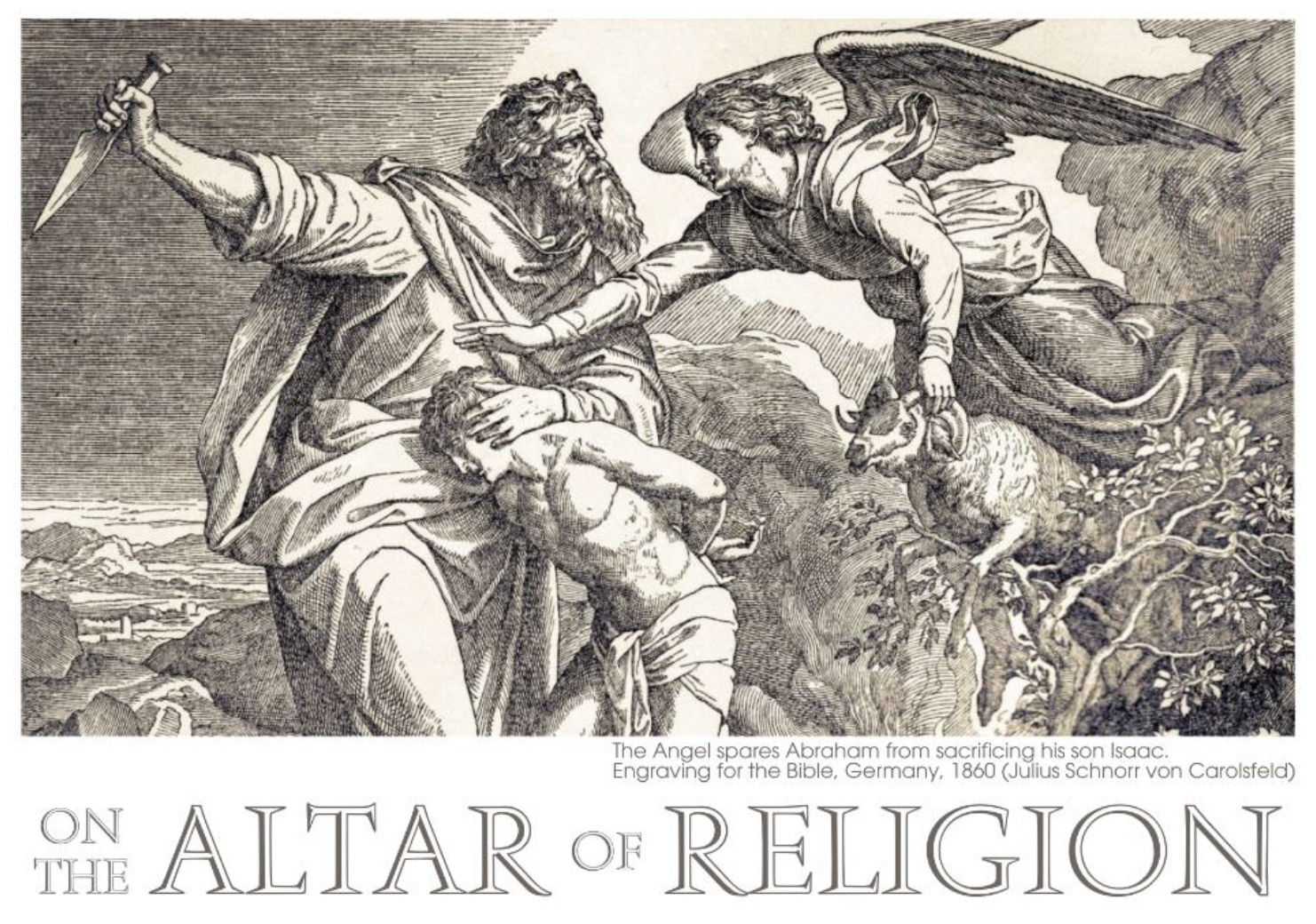
The horrifying story of the binding of Isaac by his father Abraham is rightfully troubling to modern readers. Perhaps back then and still today, it challenges us to ask: "What have we sacrificed on the altar of religion, believing it was the 'right thing to do?'" Join us on Sunday as we grapple with one of the most cha
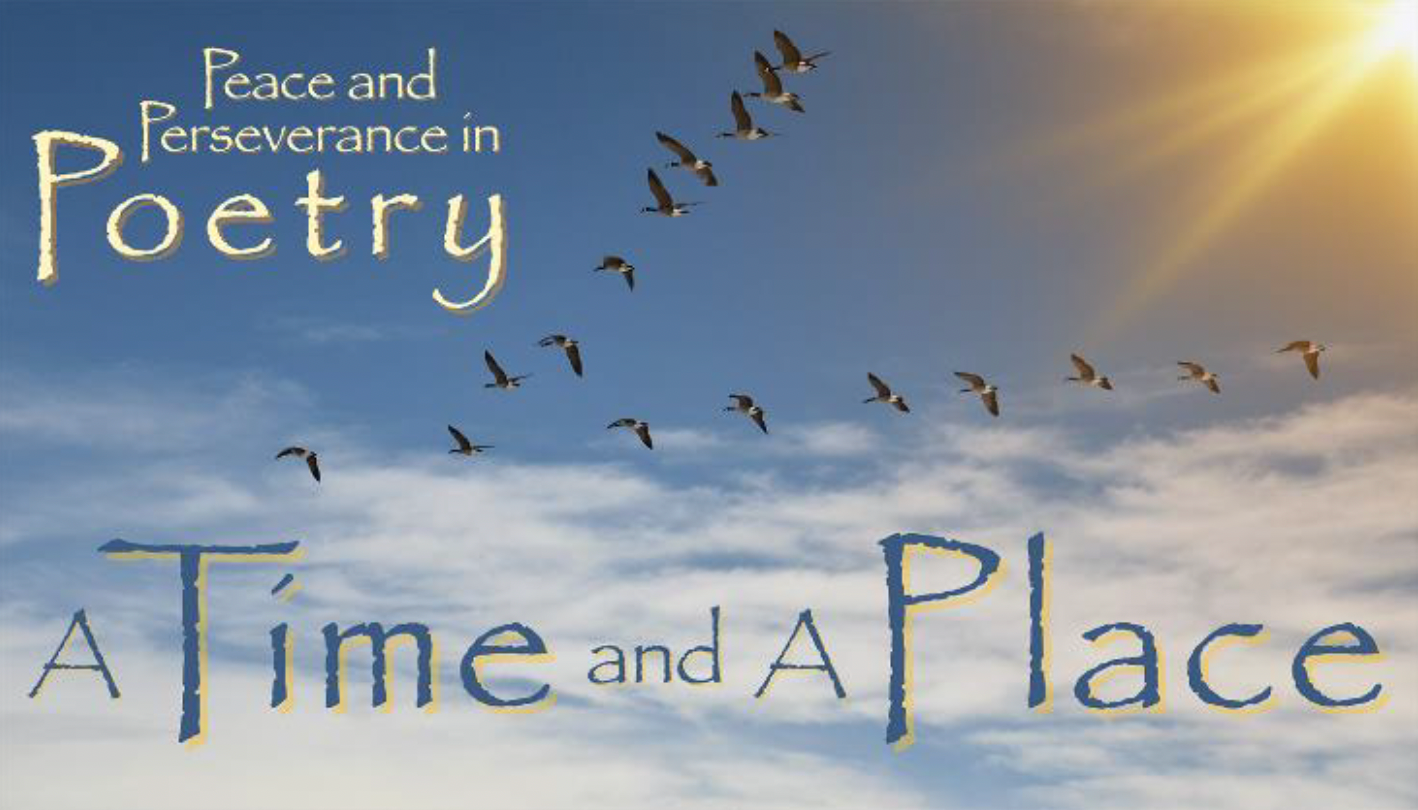
Through ancient rhythms of growing and dying, giving and receiving, losing and saving, holding and letting go, God created a pattern and a season for the world. Times for work and times for rest were included in that first creation story. We live, however, in a time when the lines between work and play, busy...
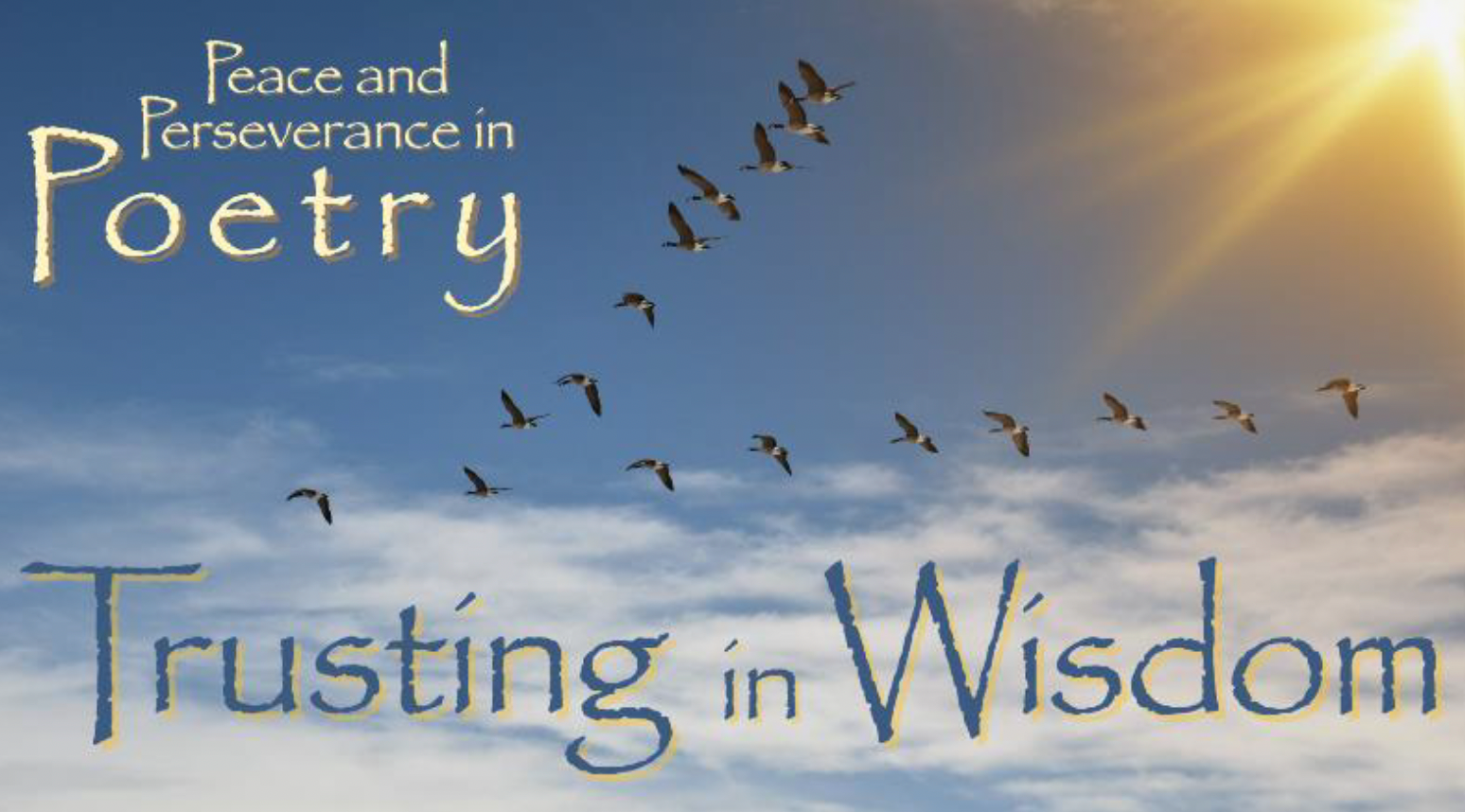
Our scripture passage from the Book of Proverbs talks about the place of Wisdom in God's creation, and in God's creating. Wisdom is often a gift we receive later in life, and can feel somber to us, because of how long it took us to learn her lessons. But Wisdom is a joyful character in scripture, delighting in the worl
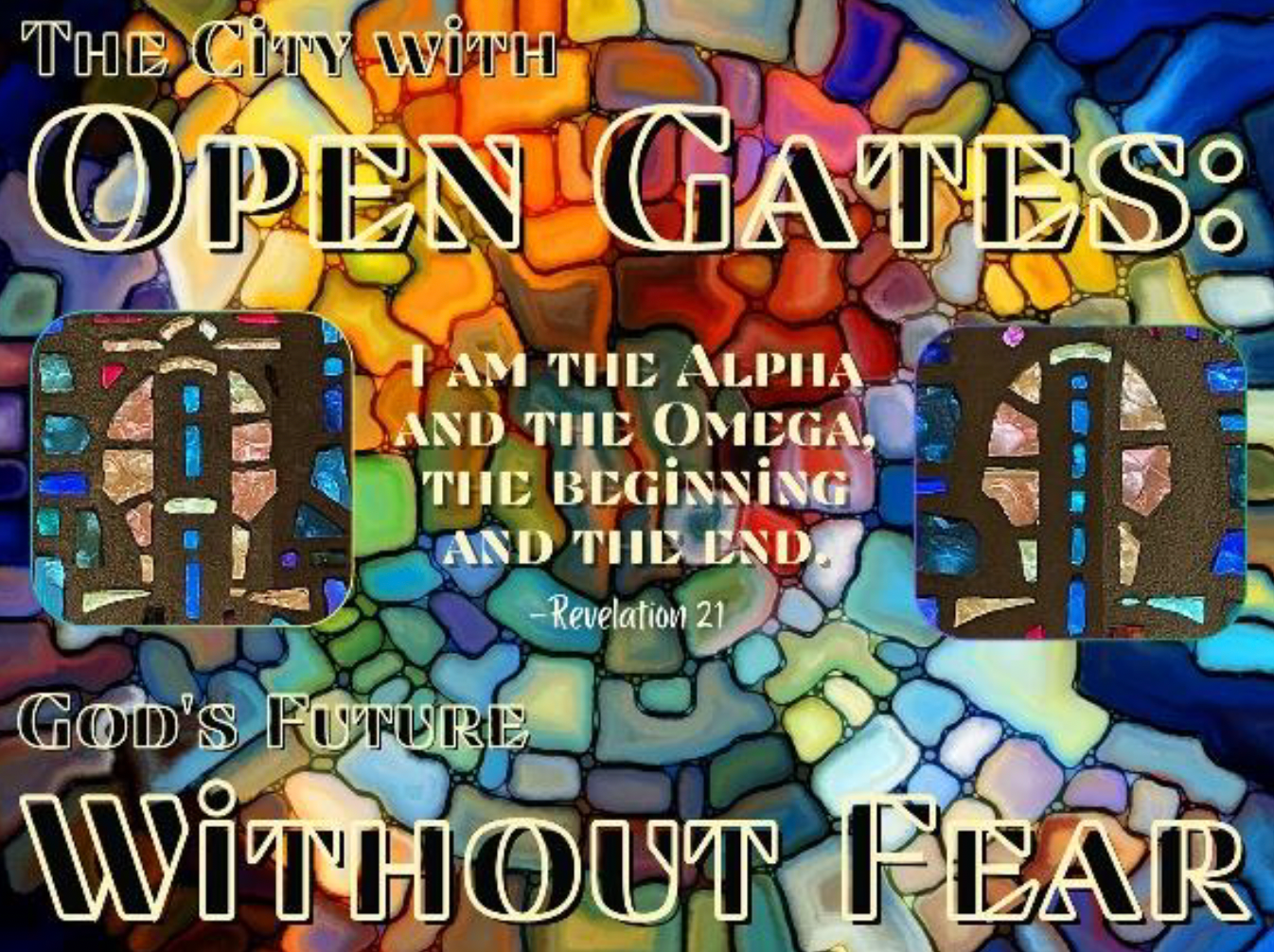
In its final chapters, Revelation gives us a vision of a world healed, restored, and bursting with light. The New Jerusalem is not as an escape plan but a divine promise for this world—where there are no temples of exclusion, no gates shut to the outsider, and no more night for the weary. God’s justice includes rivers
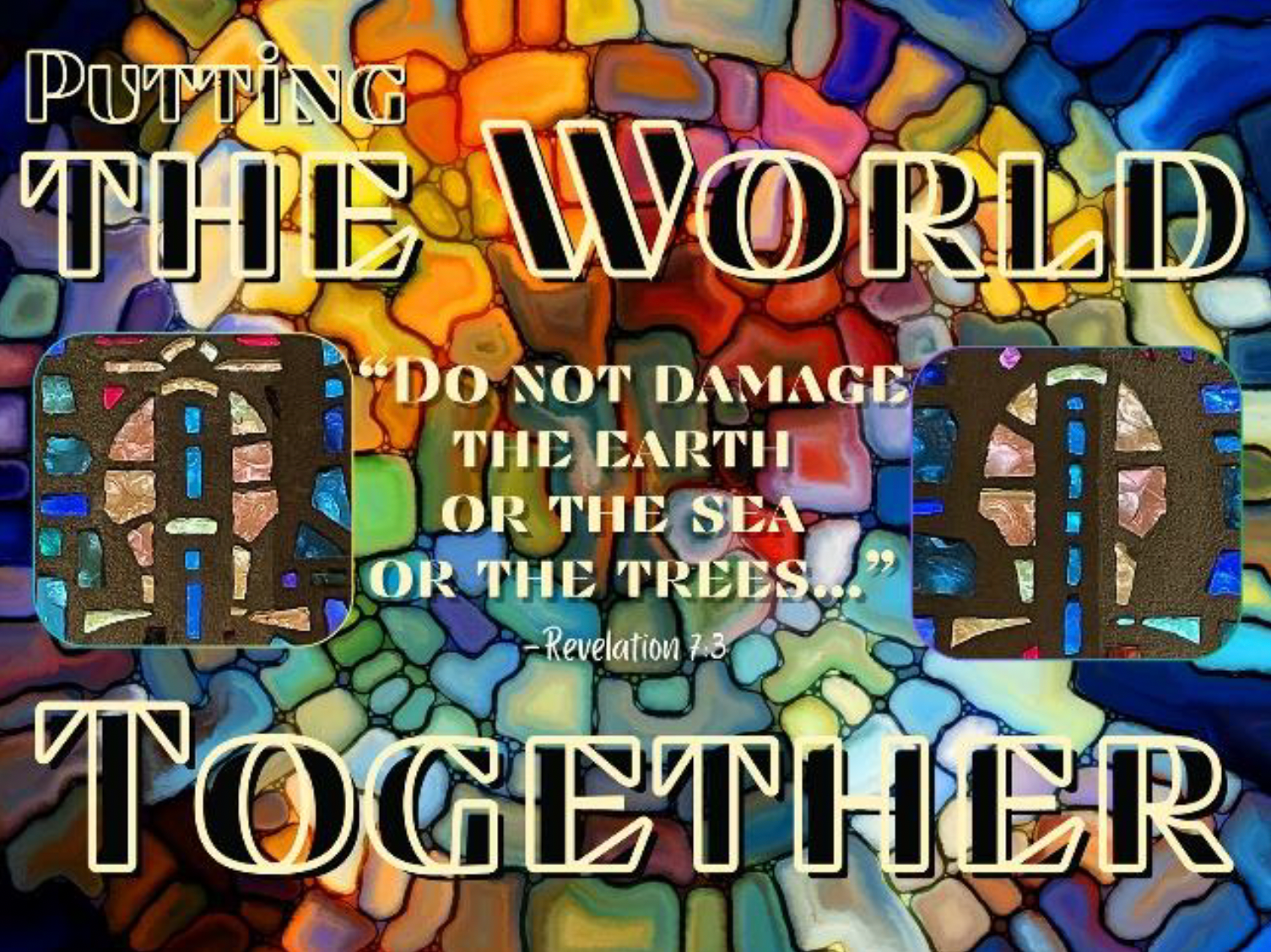
In Revelation chapter 6, the seals on the scrolls start to be opened, unleashing the 4 horsemen of the apocalypse on the earth, and an earthquake happens, and the stars fall from the sky. The world is coming undone. This week, in chapter 7, we’ll consider what it takes to put the world back together after it comes undo
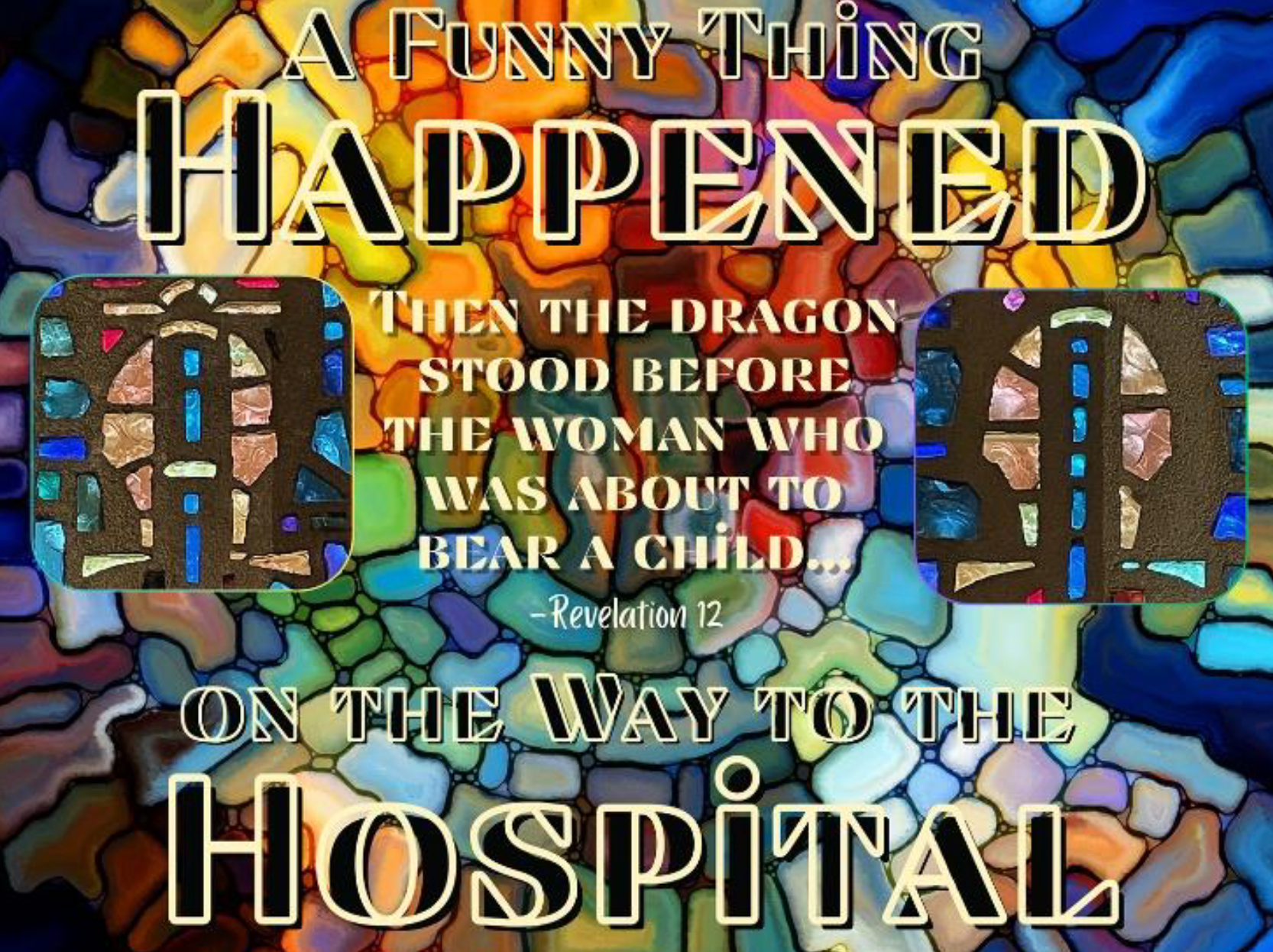
As we continue reading the Book of Revelation as a book of resistance, we encounter a story of a woman who gives birth in space, while a dragon waits to eat the baby. Hopefully, none of our own birth stories are that dramatic.
But there are days, and sometimes years, when life comes at you in ways other than you predi
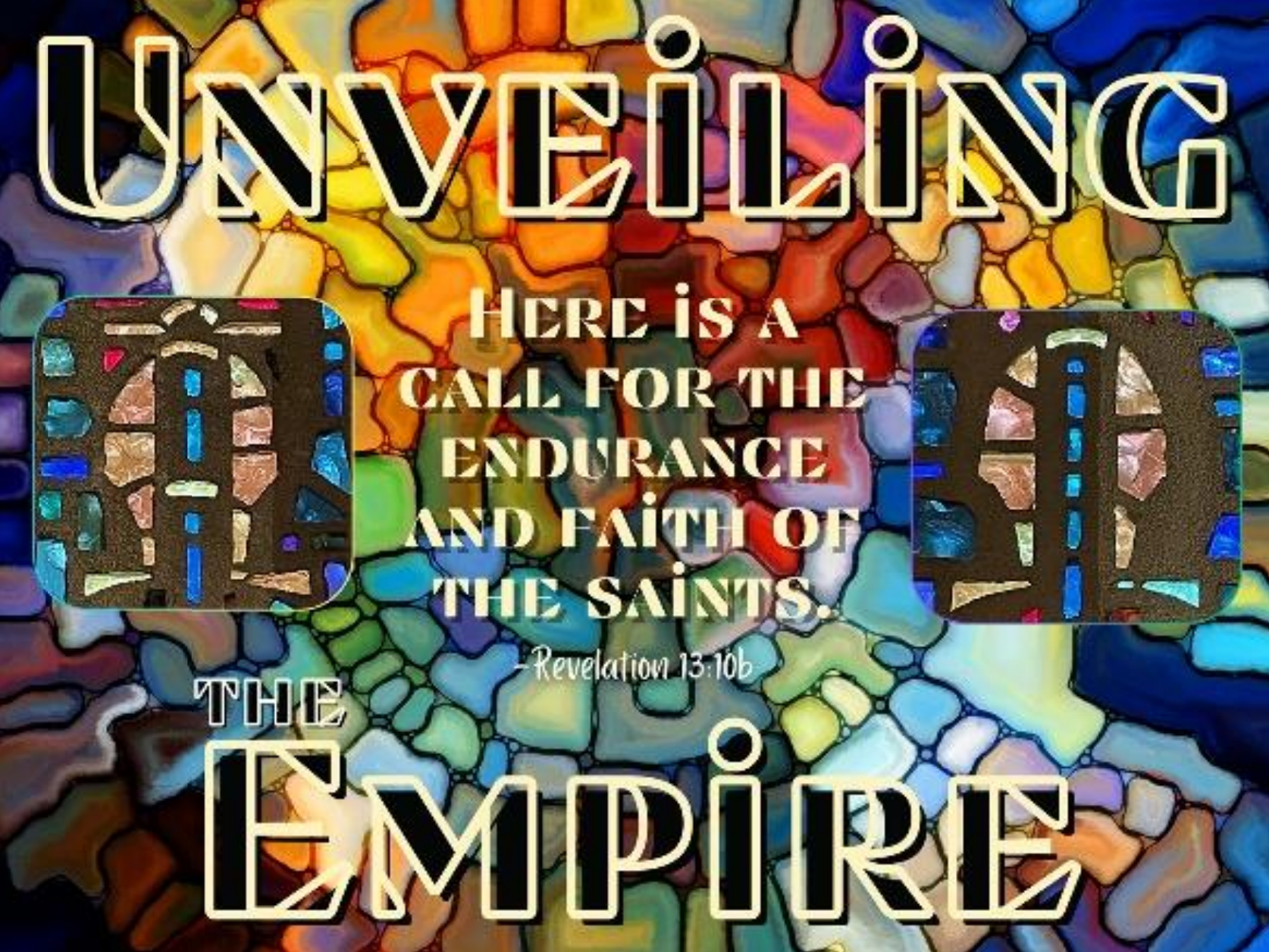
The book of Revelation includes scary beasts with horns and special marks with numbers revealing who they are. But rather than foretelling future events, what if they were unveiling current rulers and empires who preyed on their people? Let us slay the beasts of oppression and injustice as we resist the empire and embr
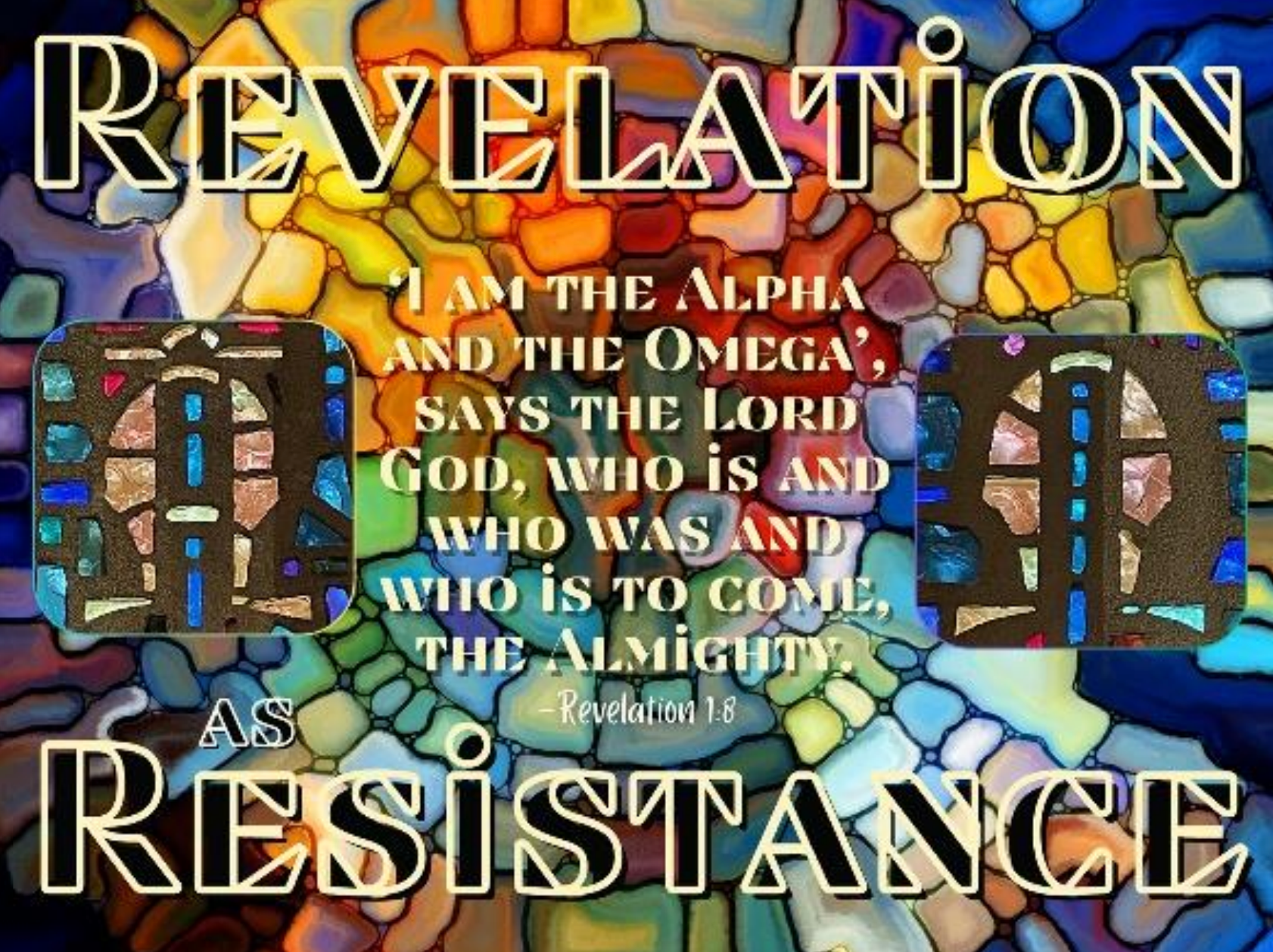
This week we will begin a sermon series on the Book of Revelation. It is often used by Christians to predict future events, but it wasn't written for that purpose.
The Book of Revelation was written to call people to resist the Roman Empire. It carries on the tradition of 'apocalypse' which is Greek for 'revelation'. In apocalyptic literature, God reveals, or makes clear, how to respond to the world in which we find ourselves. But it is written in a way that obscures the message from the people who it critiques.
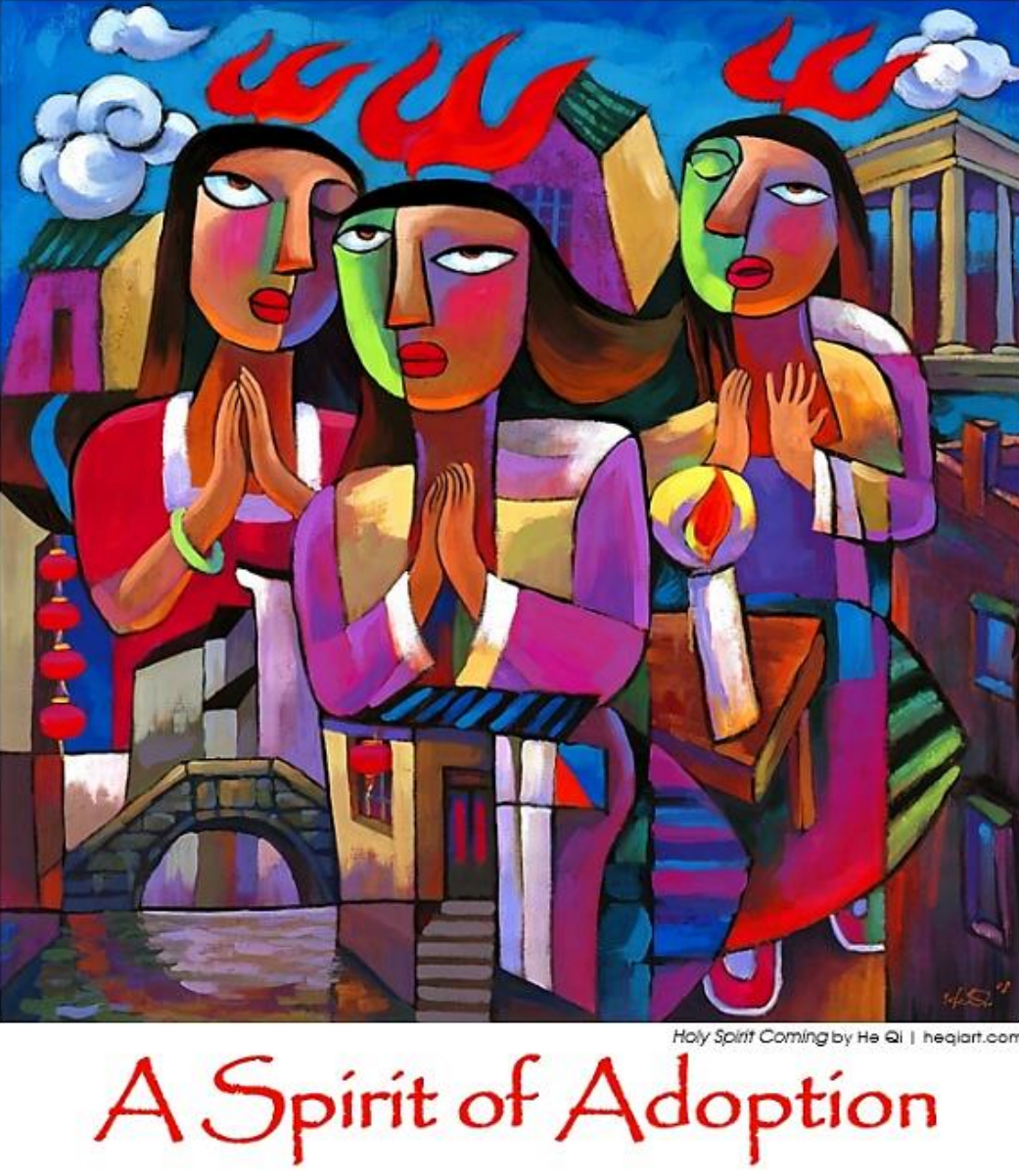
The story of Pentecost is a story of adoption. God takes strangers and makes them family. And while adoption is good news for those of us who experience it, that good news doesn't make it easy. God brings strangers together and makes them family, but God doesn't make us all the same. We are adopted into God's family with all of our differences and our disagreements. How can we celebrate the differences between us, rather than using them as wedges to divide us?
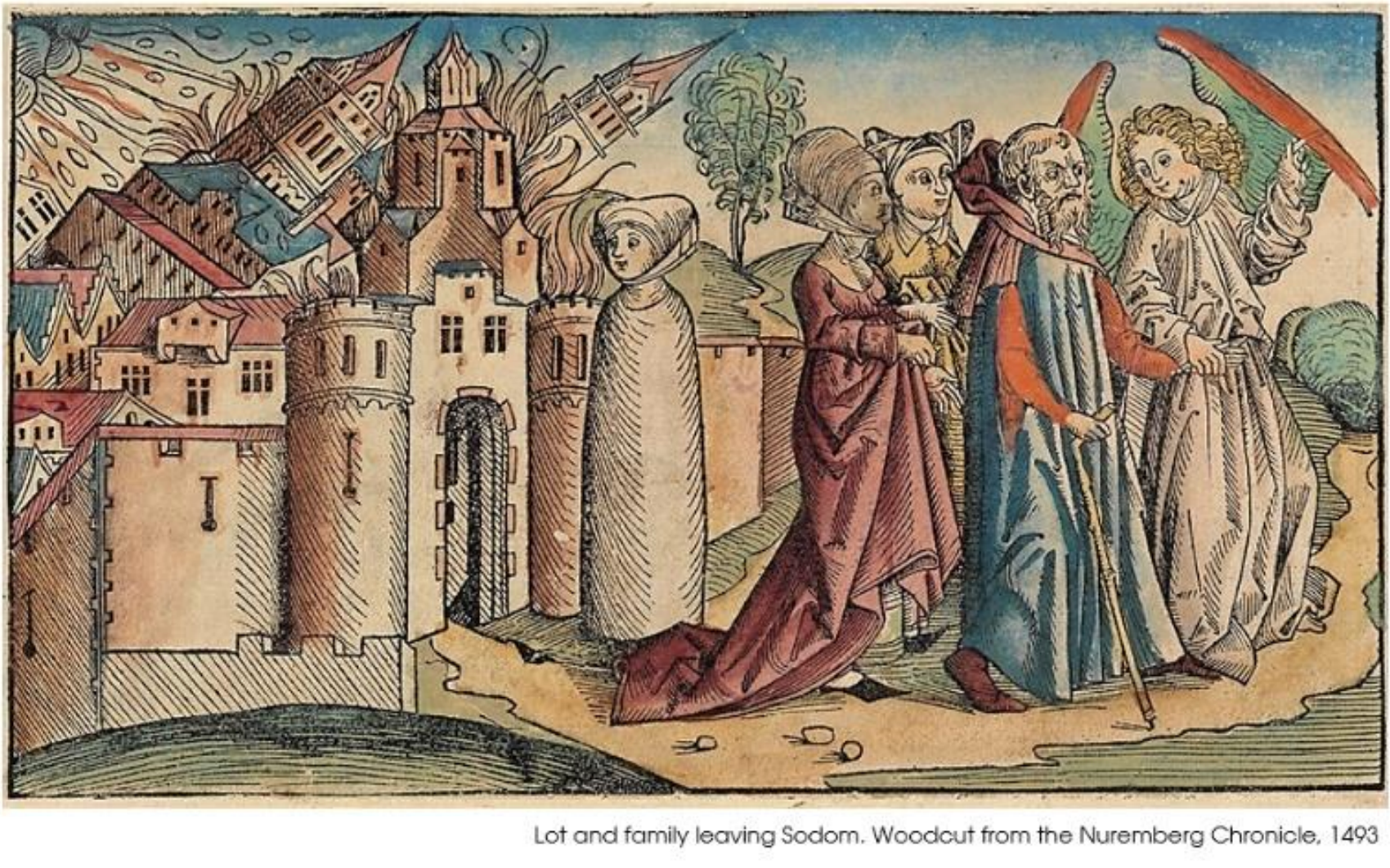
A queer preacher takes on a notorious “clobber passage” and its history of pain and death. The sin of Sodom has nothing to do with same-sex marriage or trans children—and everything to do with willfully ignoring God's command to welcome strangers and practice hospitality. Let them know we are Christians by our love.
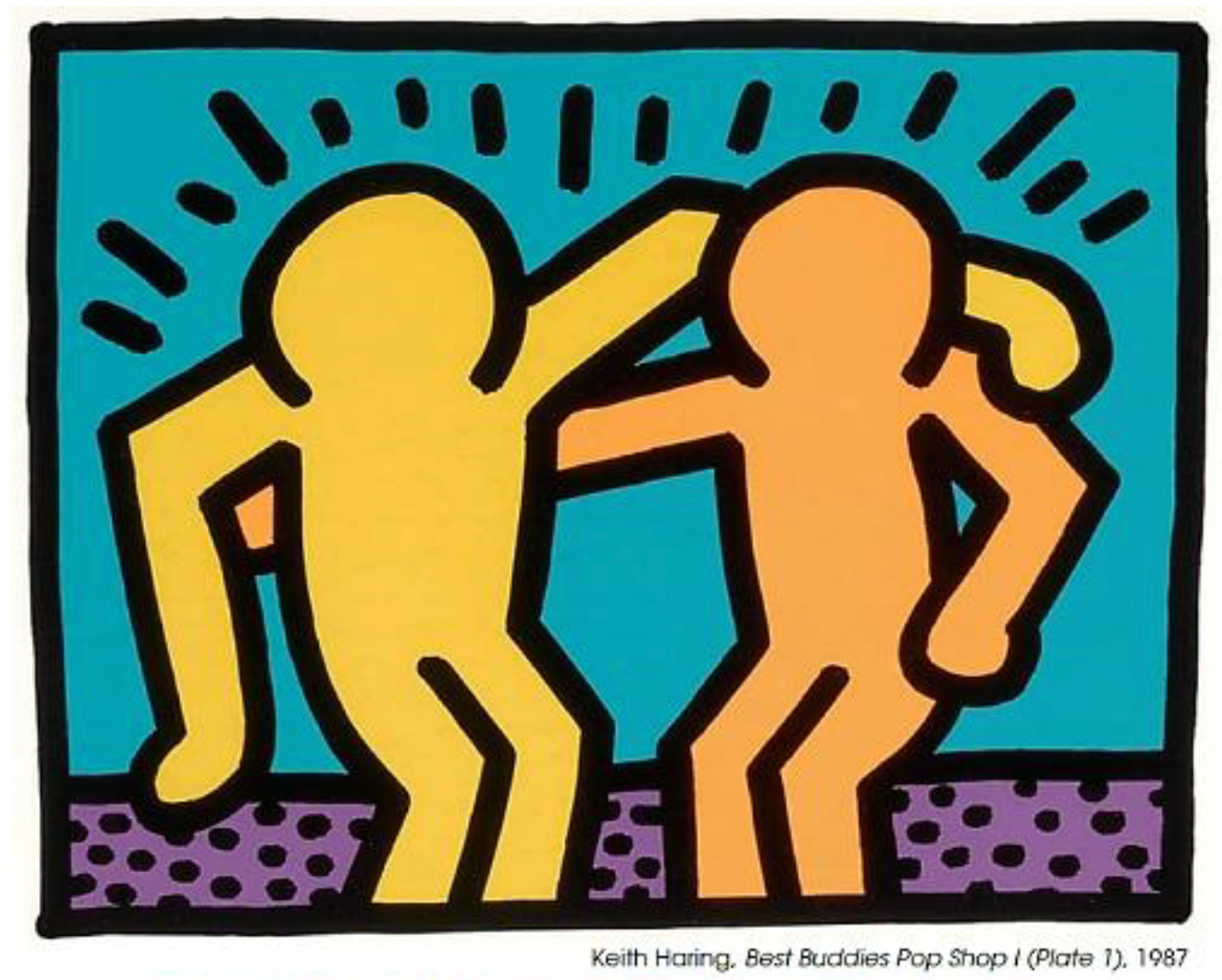
When I have offered hospitality, often I thought I was doing something kind for someone else. And I sometimes have tried to figure out how to get out of it, because it is work to welcome people in to your life. But it has almost always ended up being a much bigger gift to me than it might have been to the person I thought I was helping. God uses the people we meet and encounter in our lives to call us deeper into God's mystery of grace.
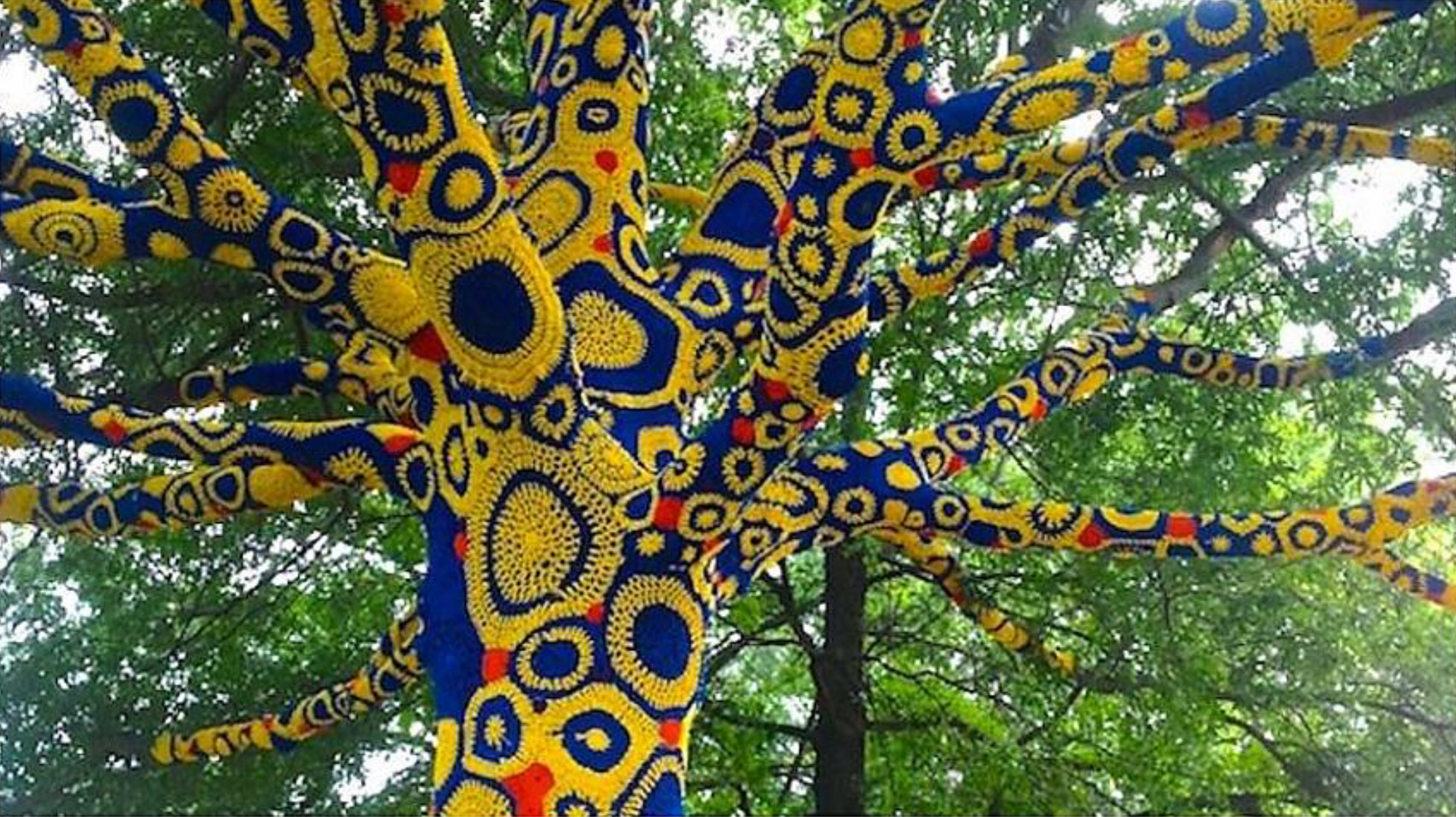
The Book of Acts continues the story began in the Gospel of Luke. The Good News of the Gospel is being taken to the ends of the Earth, because the Spirit is on the loose!
From being a movement of people who knew Jesus, and people who had heard him teach and speak, it grows. Exponentially.
From Jerusalem, to the rest of the Middle East, and then to Europe, Asia, and even San Francisco.
This is the Good News--that God's Spirit will not be limited or constrained.
How do we welcome and celebrate the differences that come with the Spirit's invitation? How does hospitality create, and re-create the church?
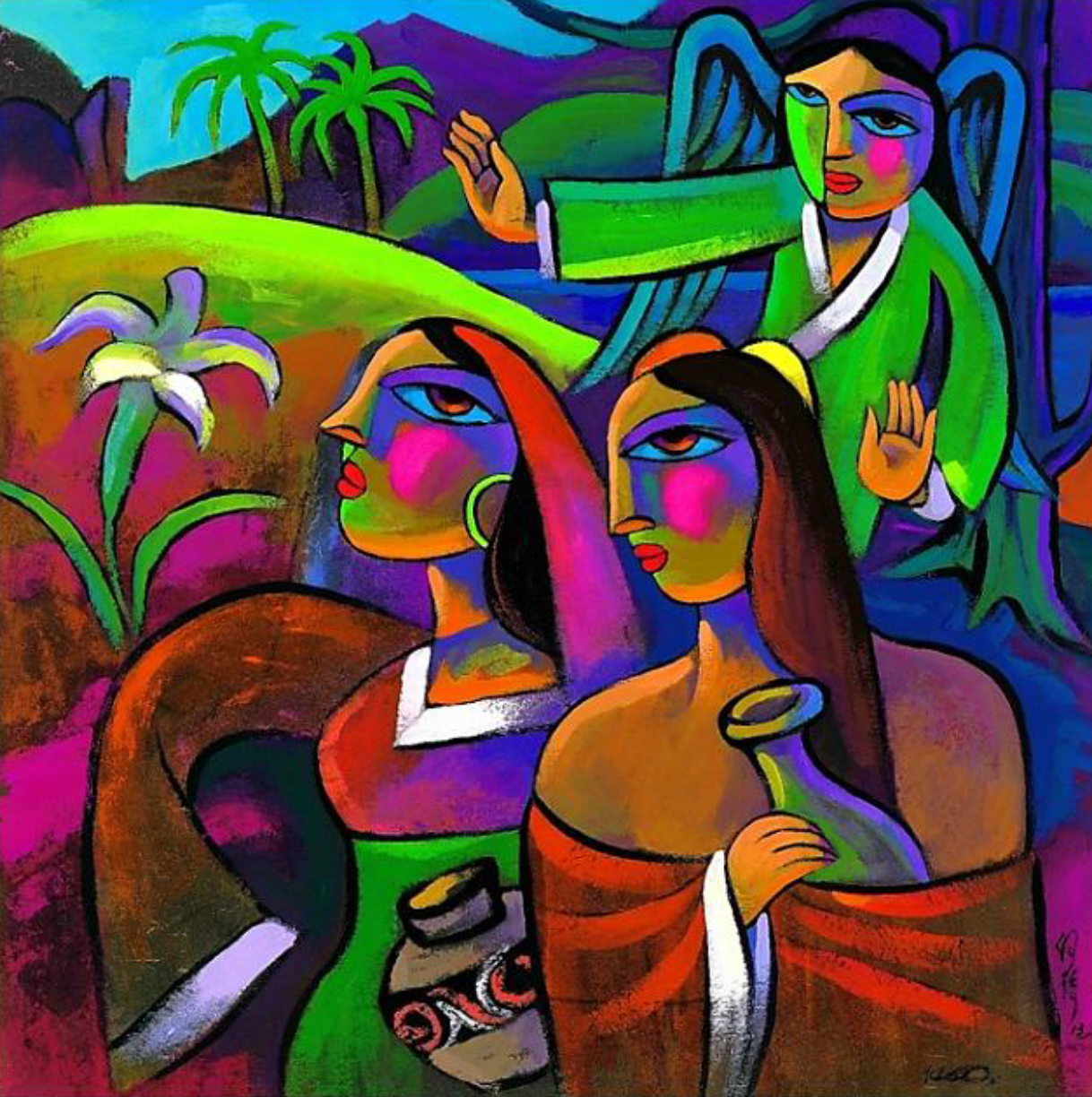
At the start of Lent, the children 'buried' an alleluia in worship. We put the word away during a season. On Easter, we bring it back.
On the first Easter morning, the women went to the tomb, assuming their alleluias were going to stay buried forever. Their rabbi was dead. Their hopes and dreams, buried with him.
An encounter with the angels in the empty tomb makes them reconsider what they thought they knew of death, of endings.
Maybe you've buried a lot of your hopes and dreams recently too. What might the Easter story have to say to us anew this year?
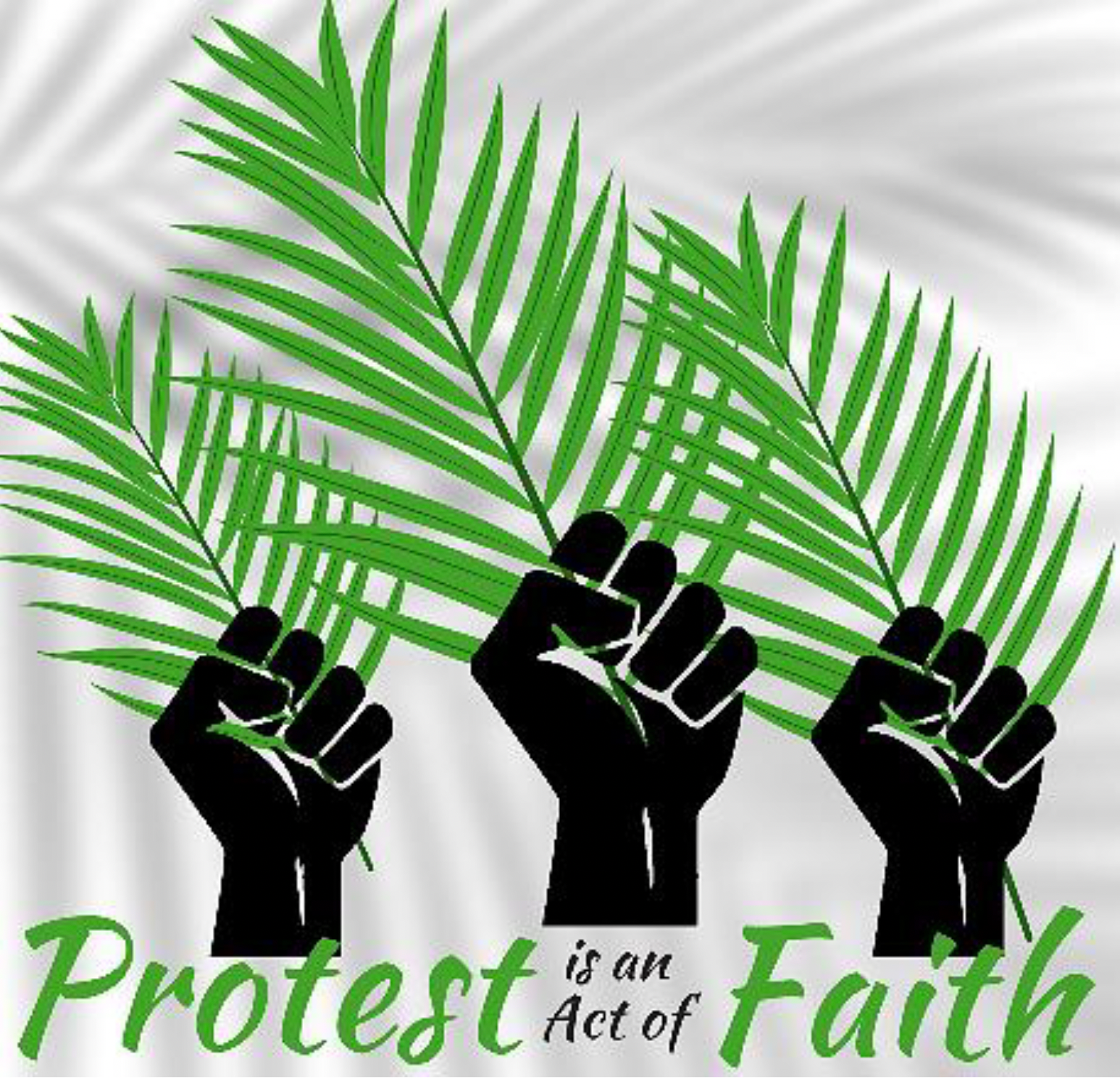
As Jesus enters Jerusalem, he is greeted by raucous crowds. It is a celebration of him. It is also a counter protest to Rome. The crowds have gathered and are crying out "hosanna", which means "save us".
Save us from injustice. Save us from cruelty. Save us from crushing poverty.
Jesus does not silence the crowds. And he responds to their cries by weeping over Jerusalem and by turning over tables in the Temple.
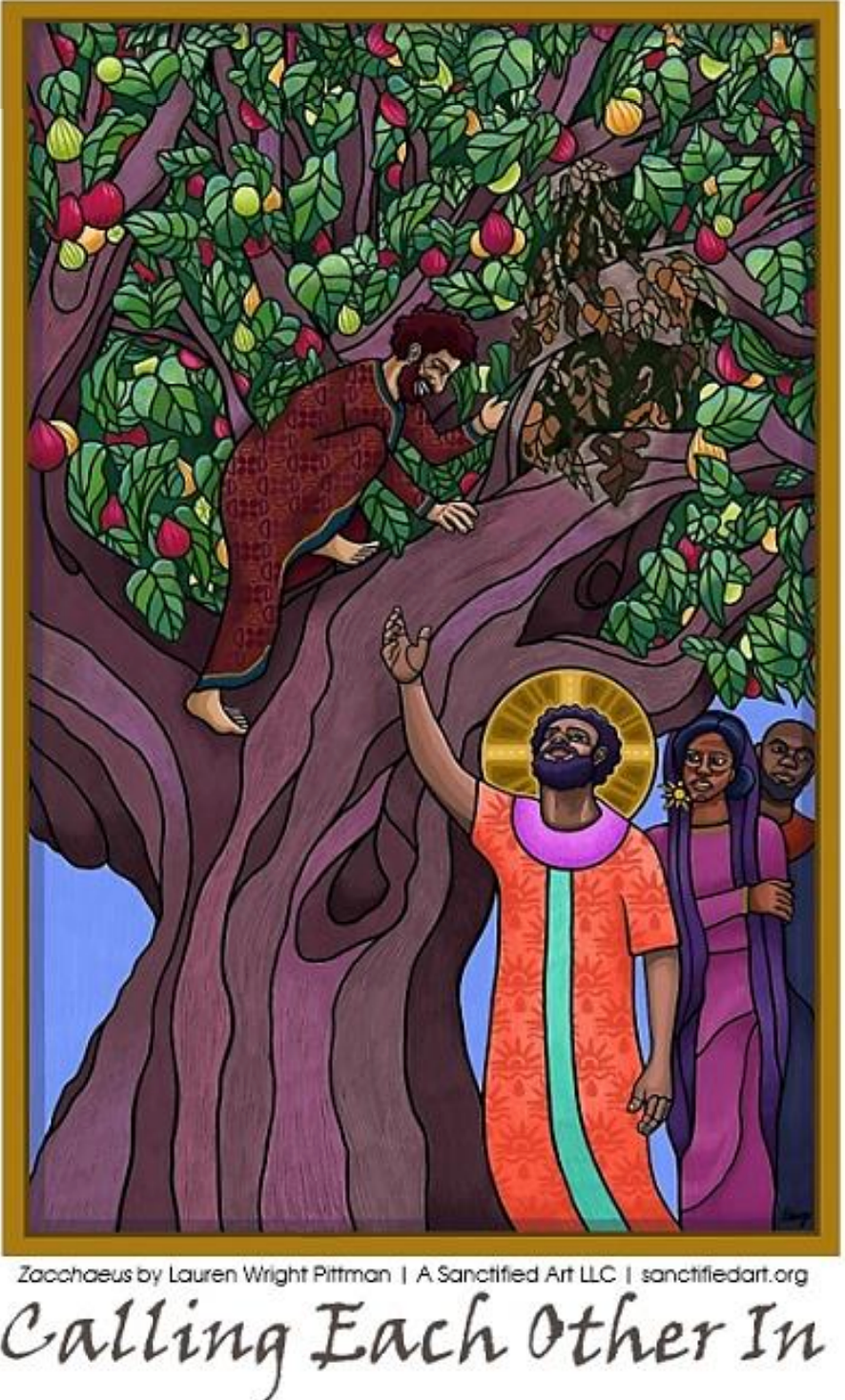
It is easy these days to say who we are against. Maybe it has always been easy to do so.
What is harder is to create space for people to change their minds, change their views, change their behavior.
As Jesus approaches Jerusalem, he stops in Jericho and accepts an invitation to eat at the home of someone who society wanted to cancel.
How can the story of Zacchaeus help us give space for each other?







